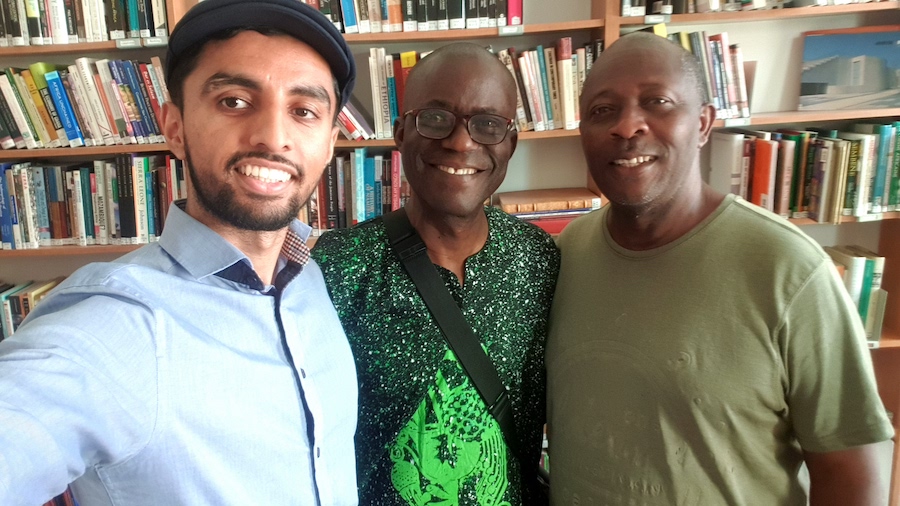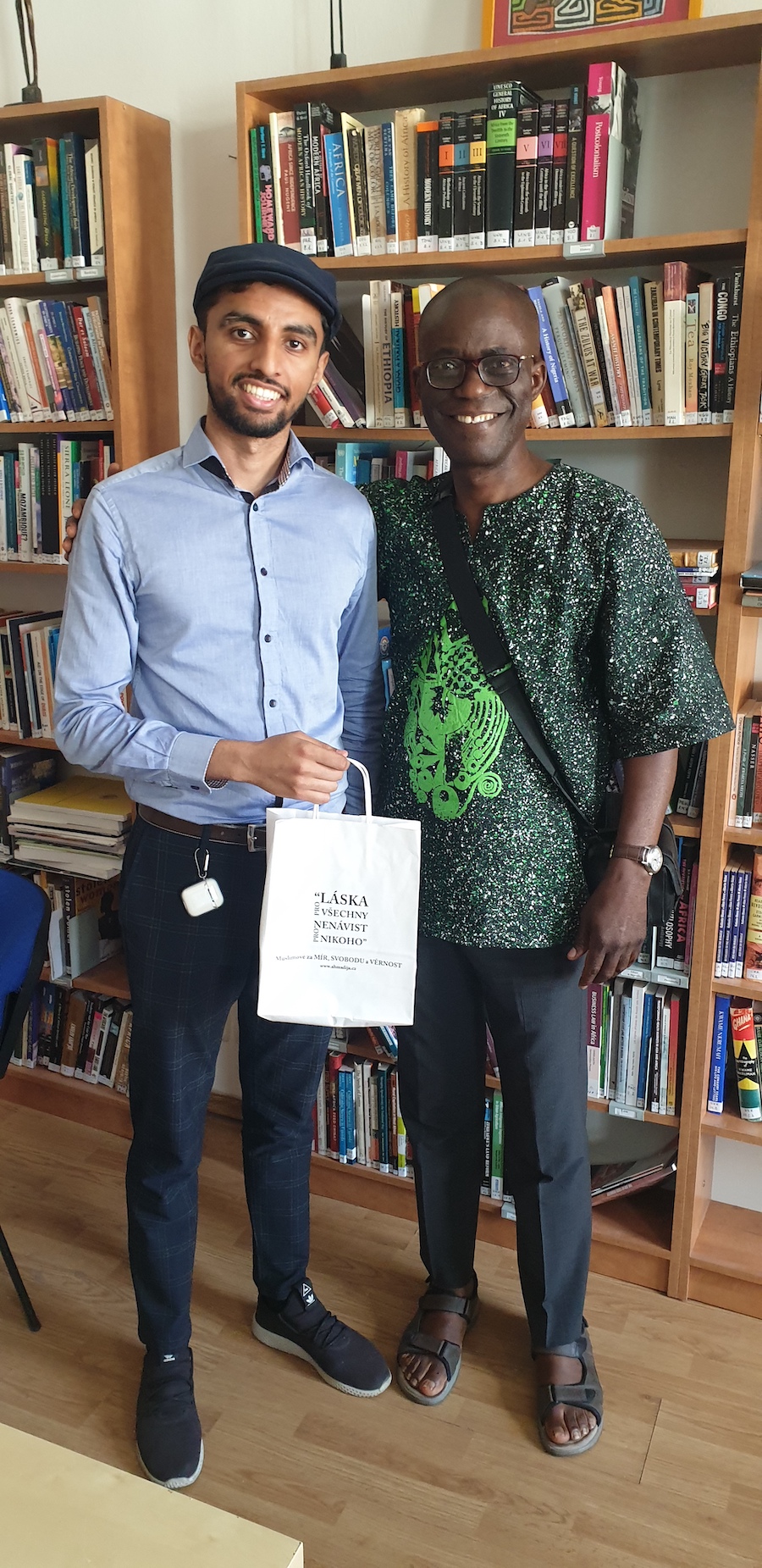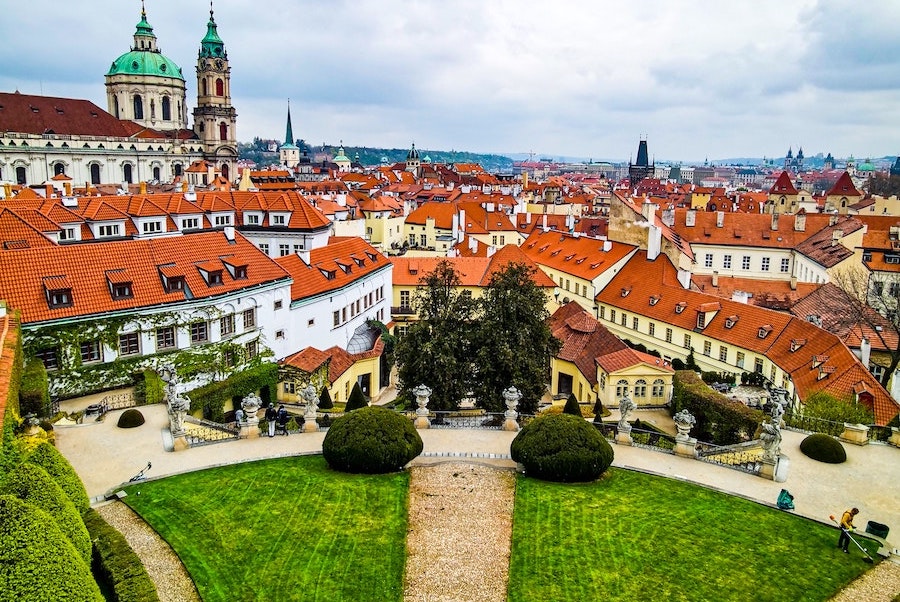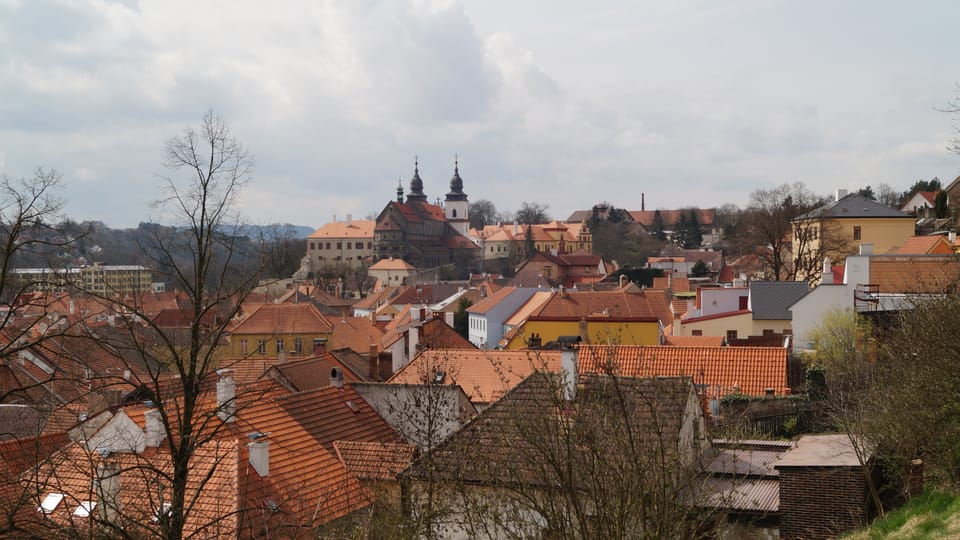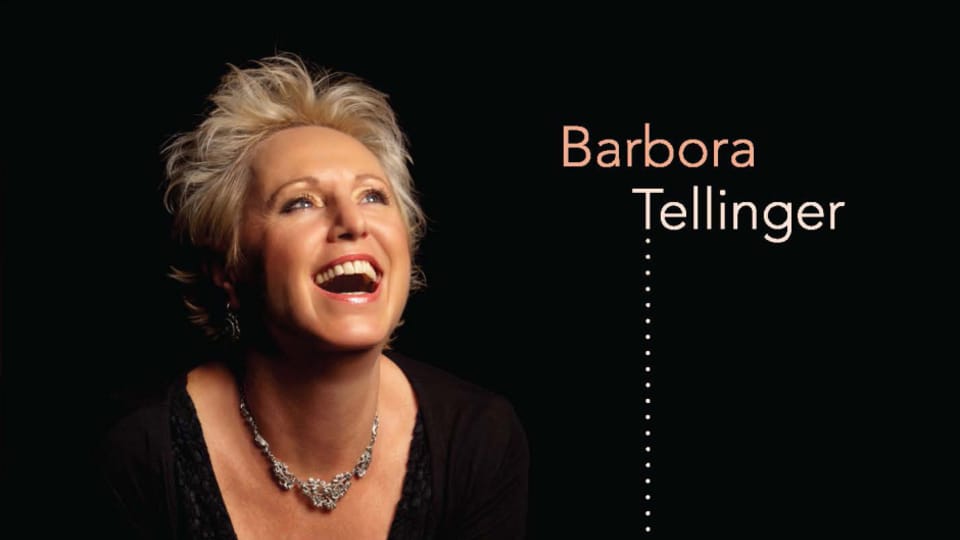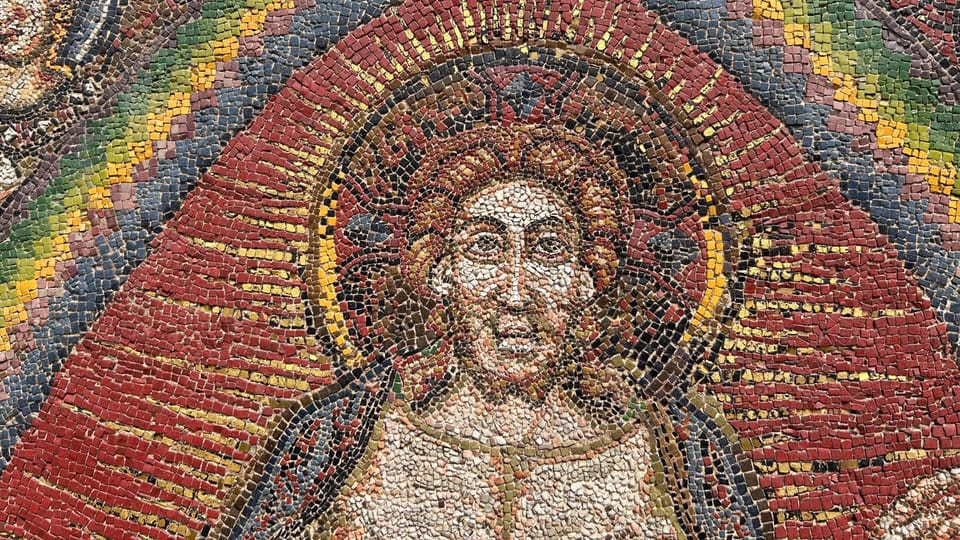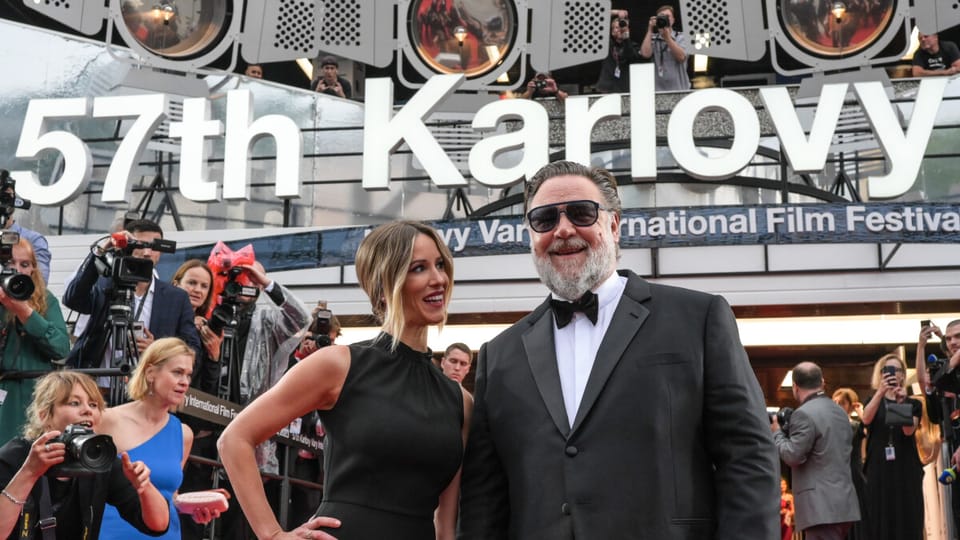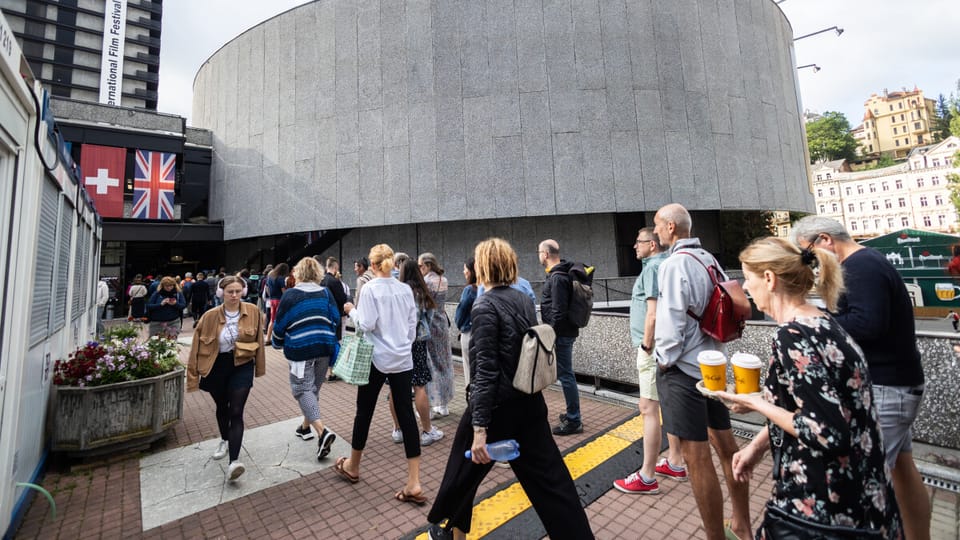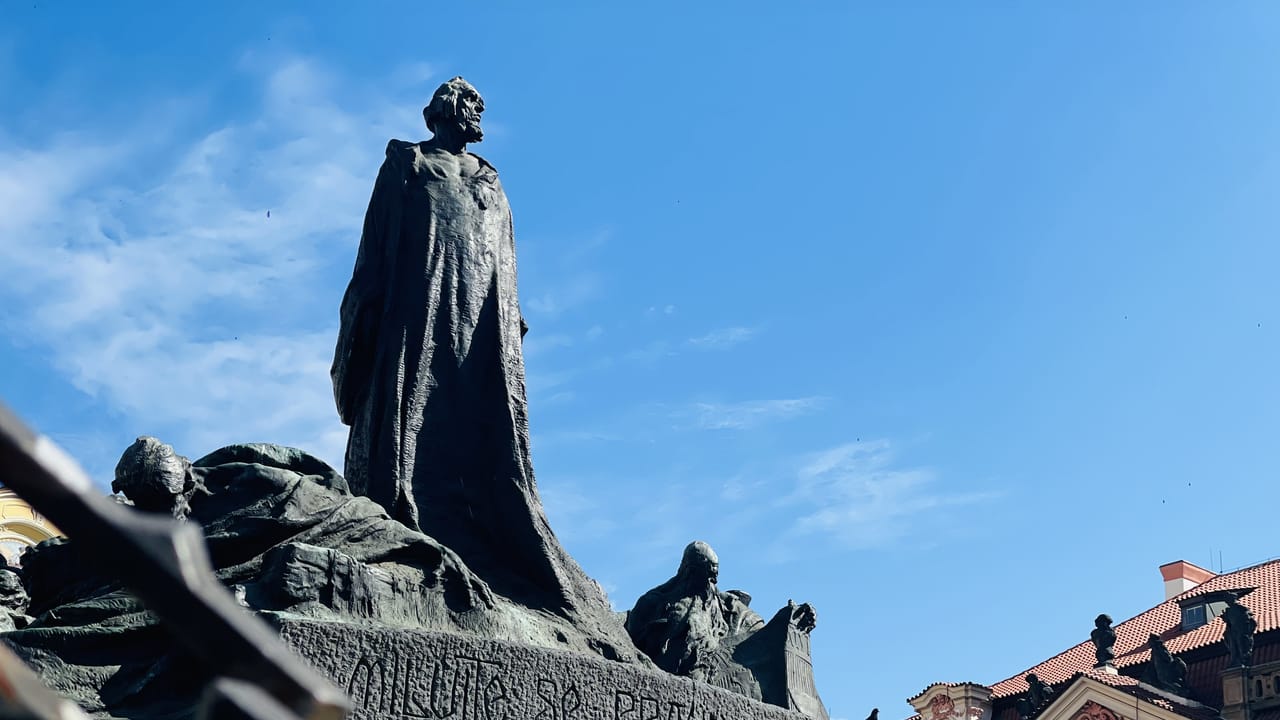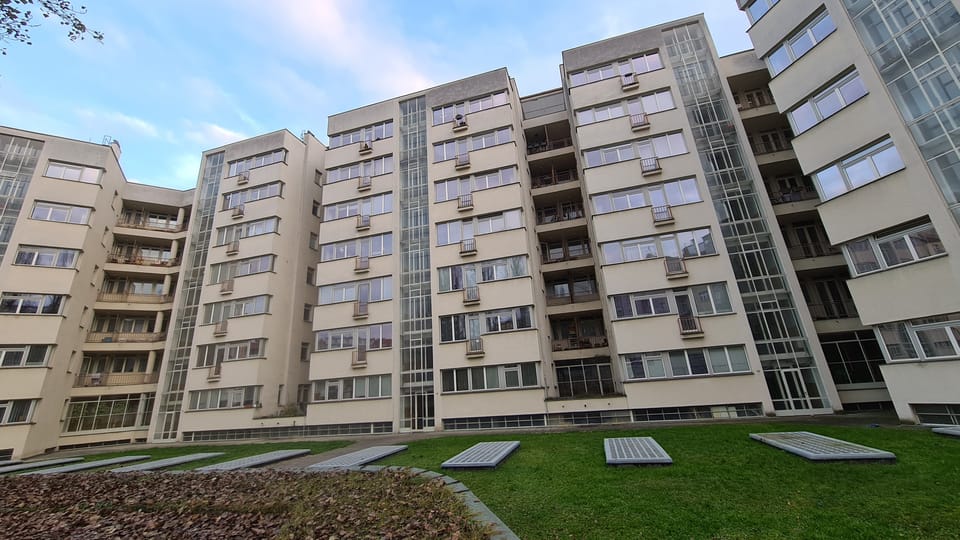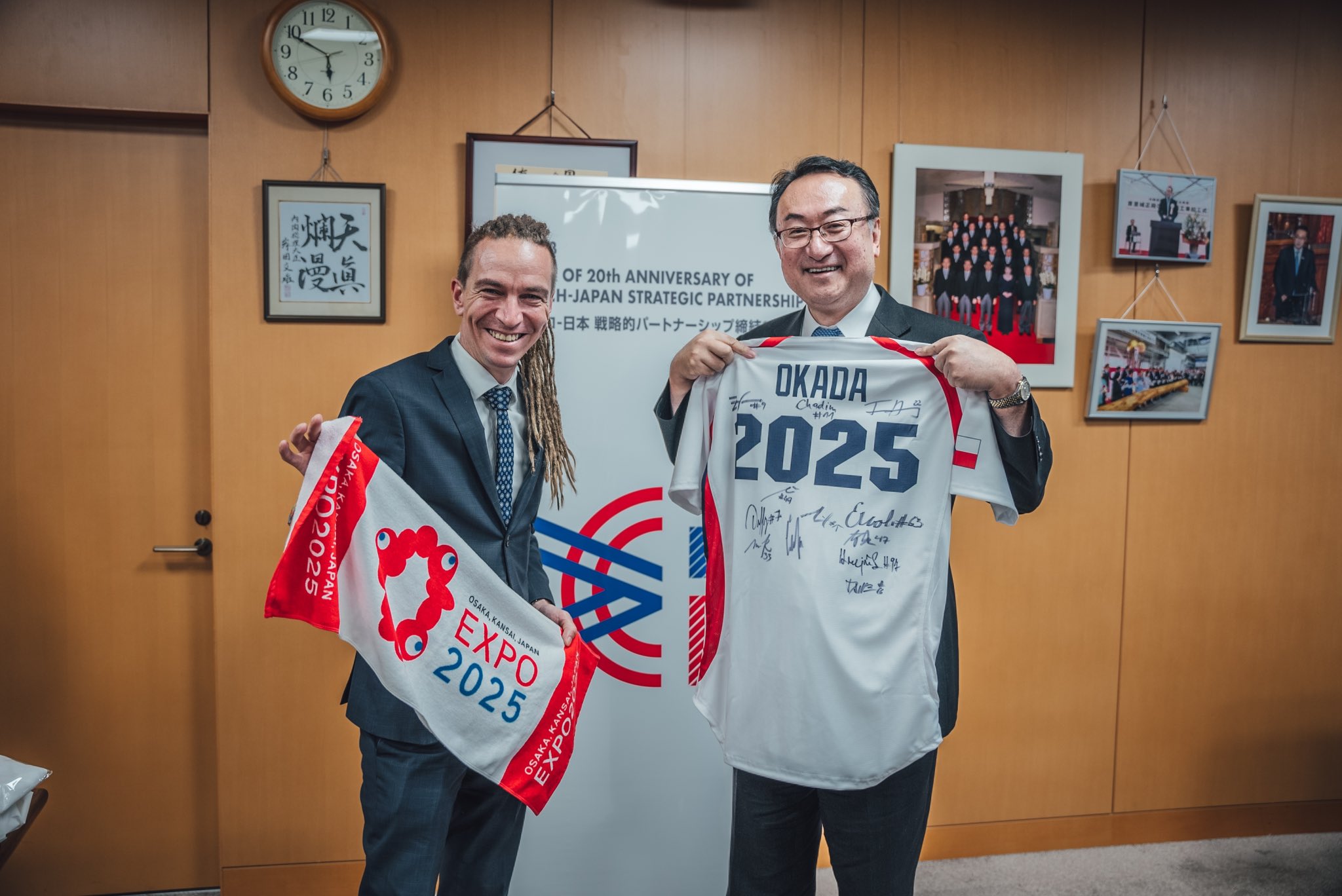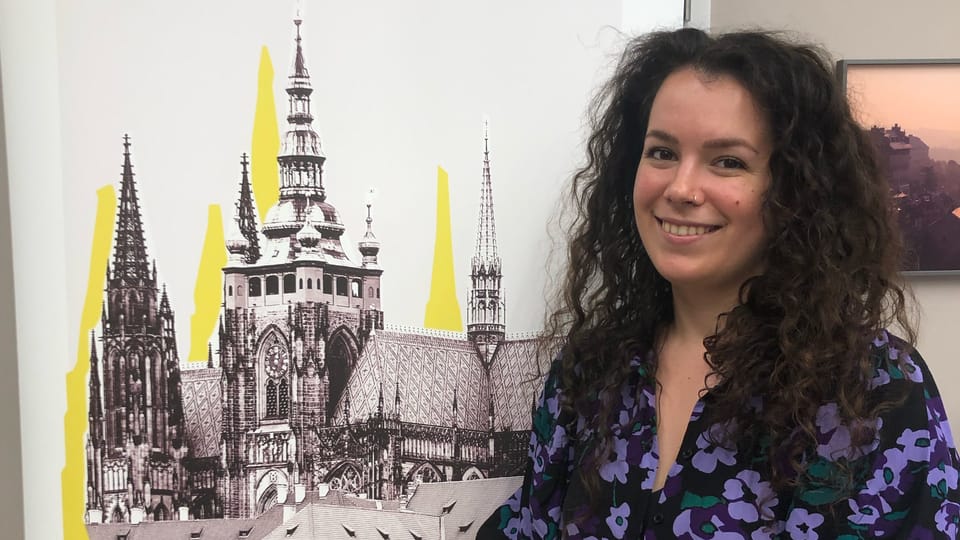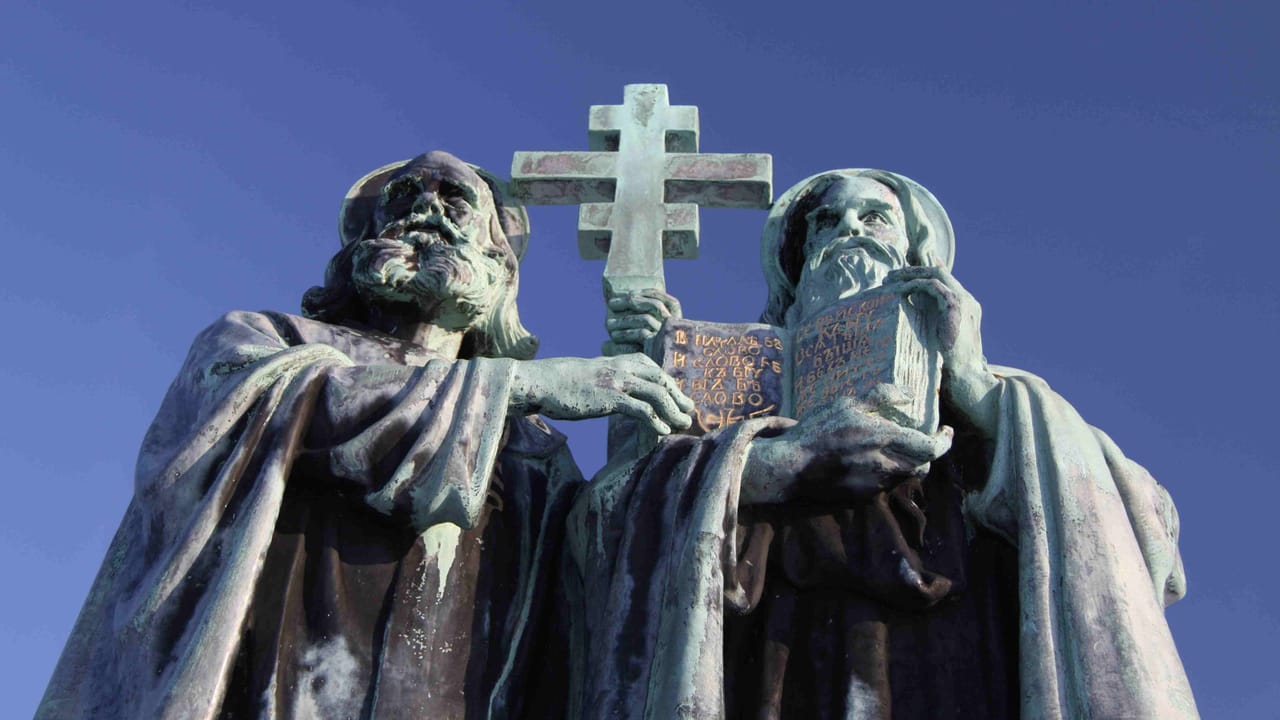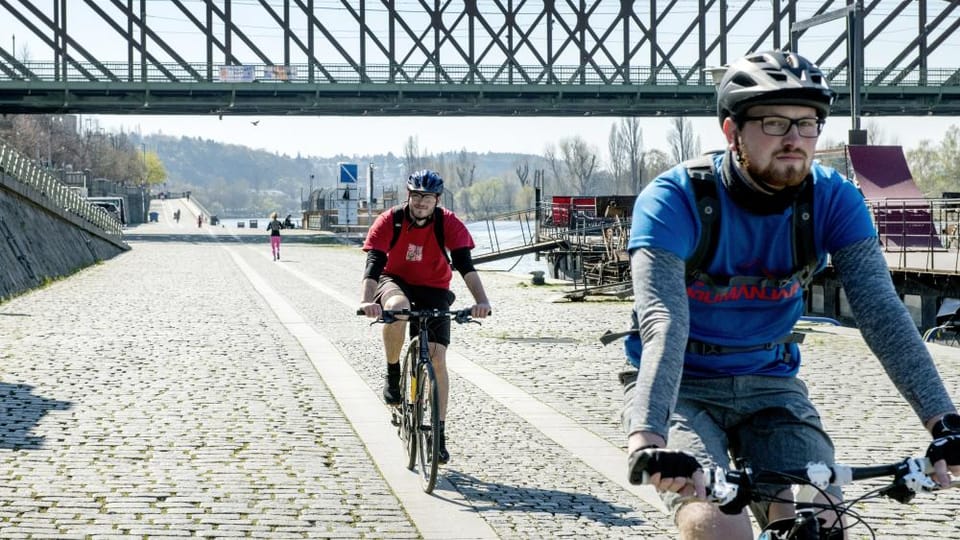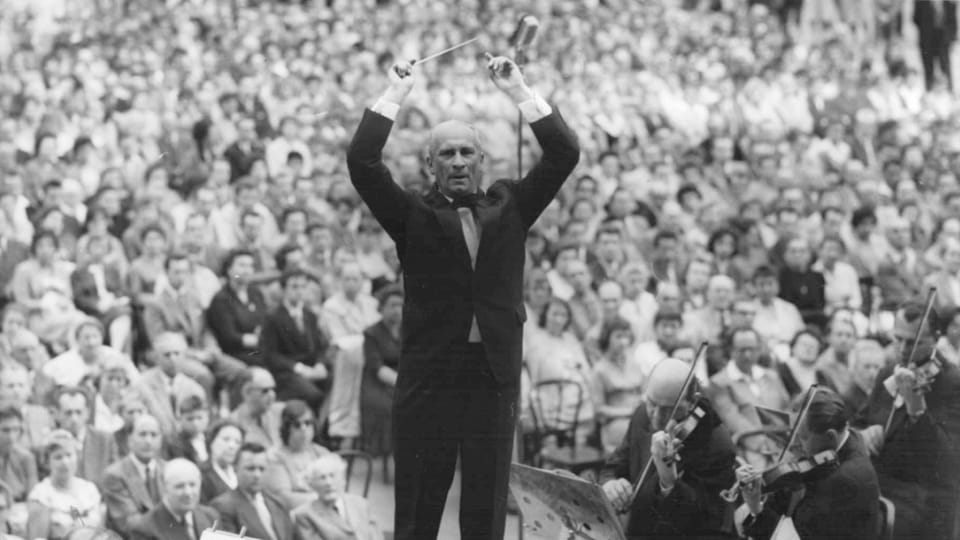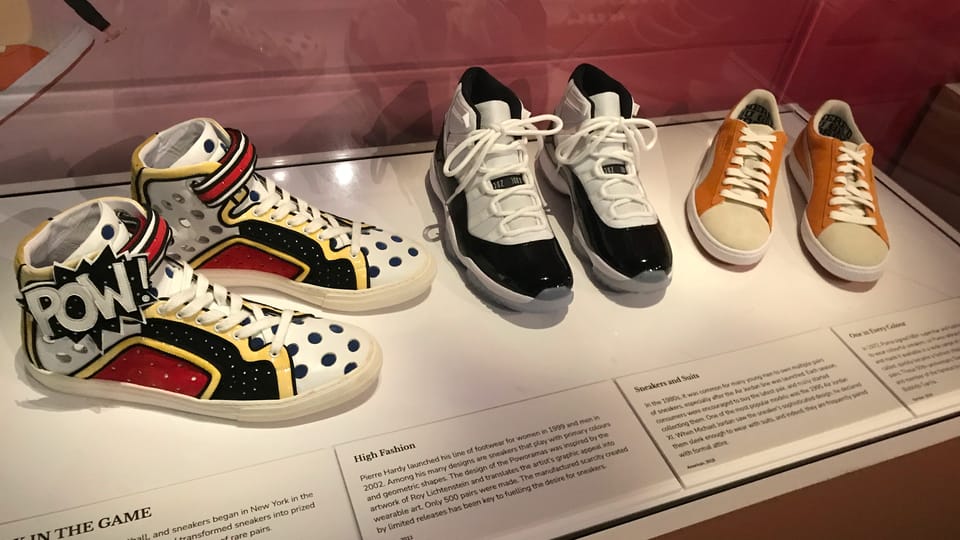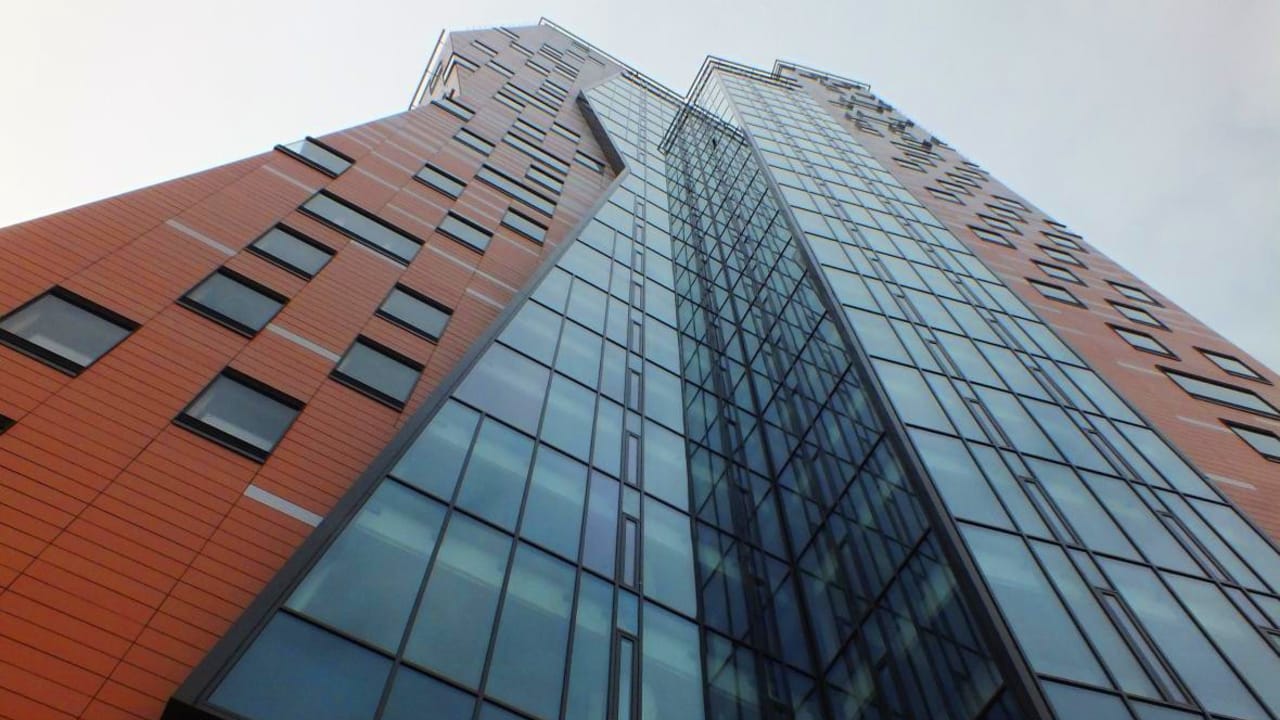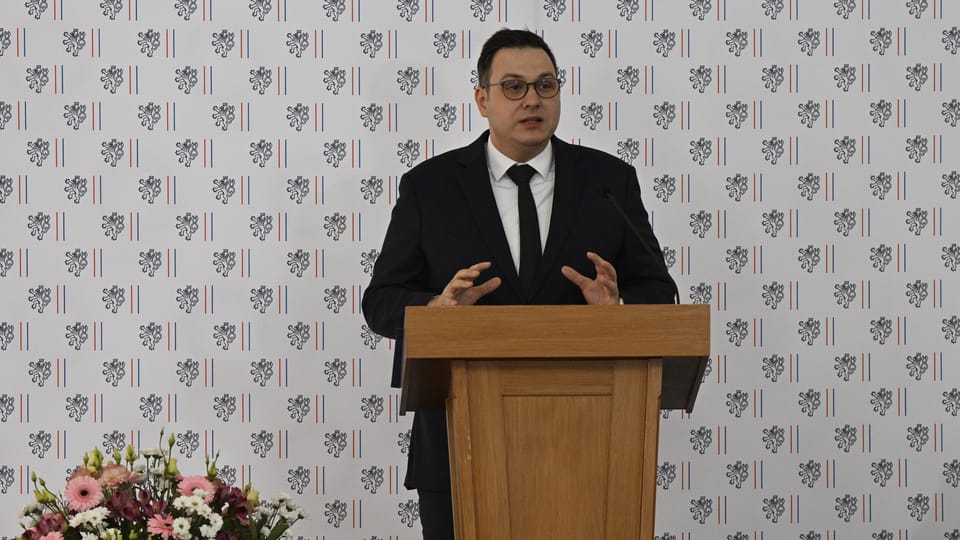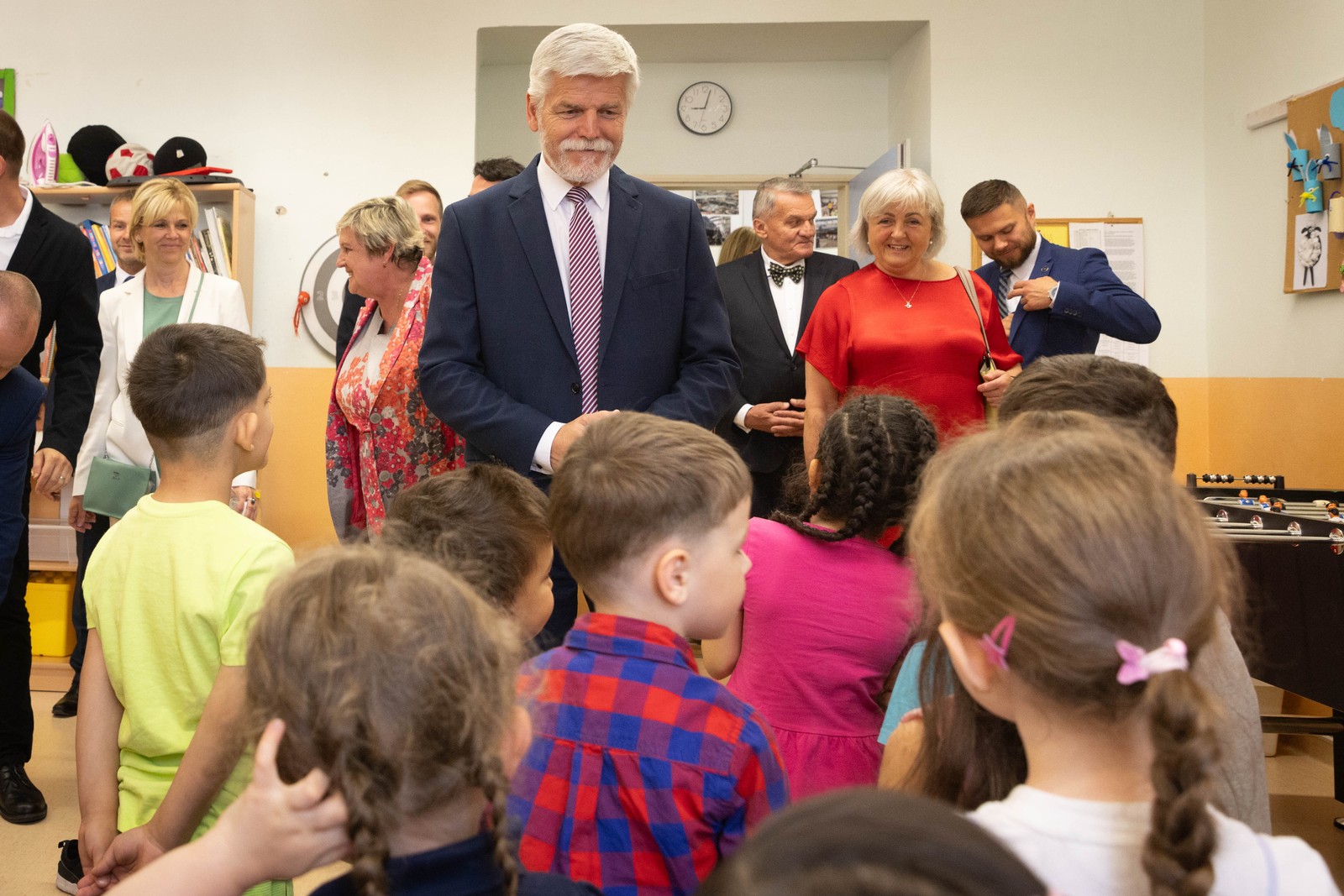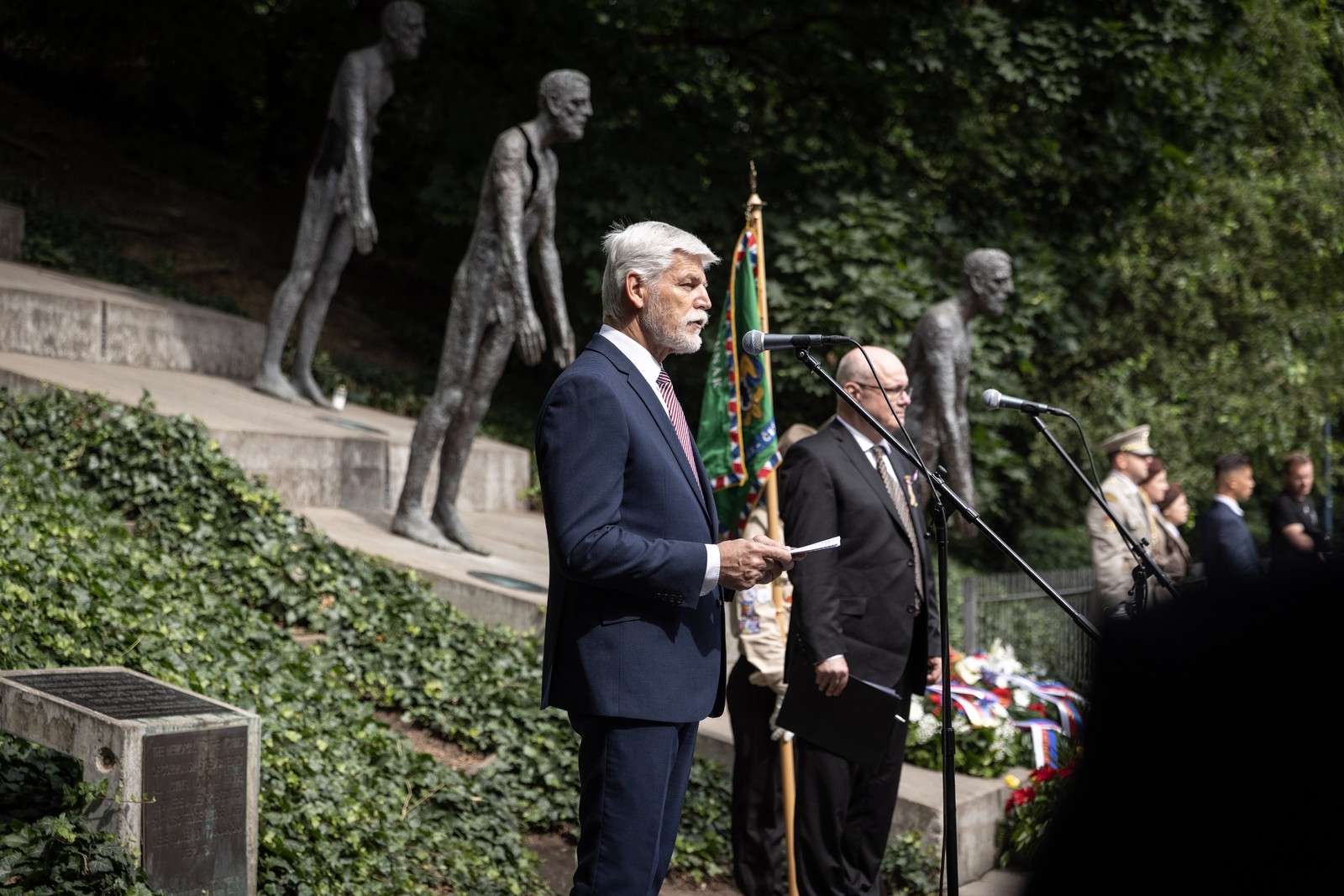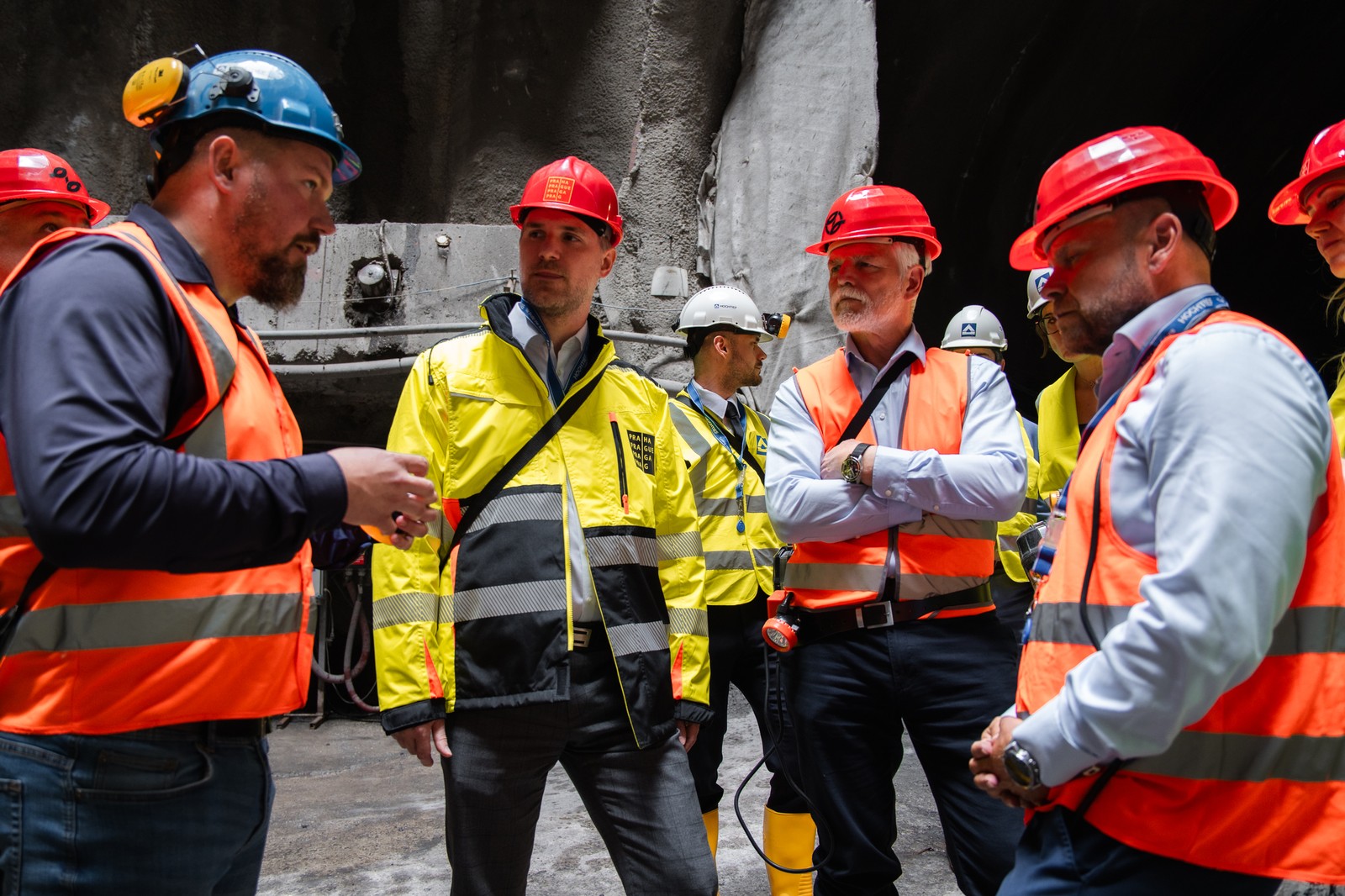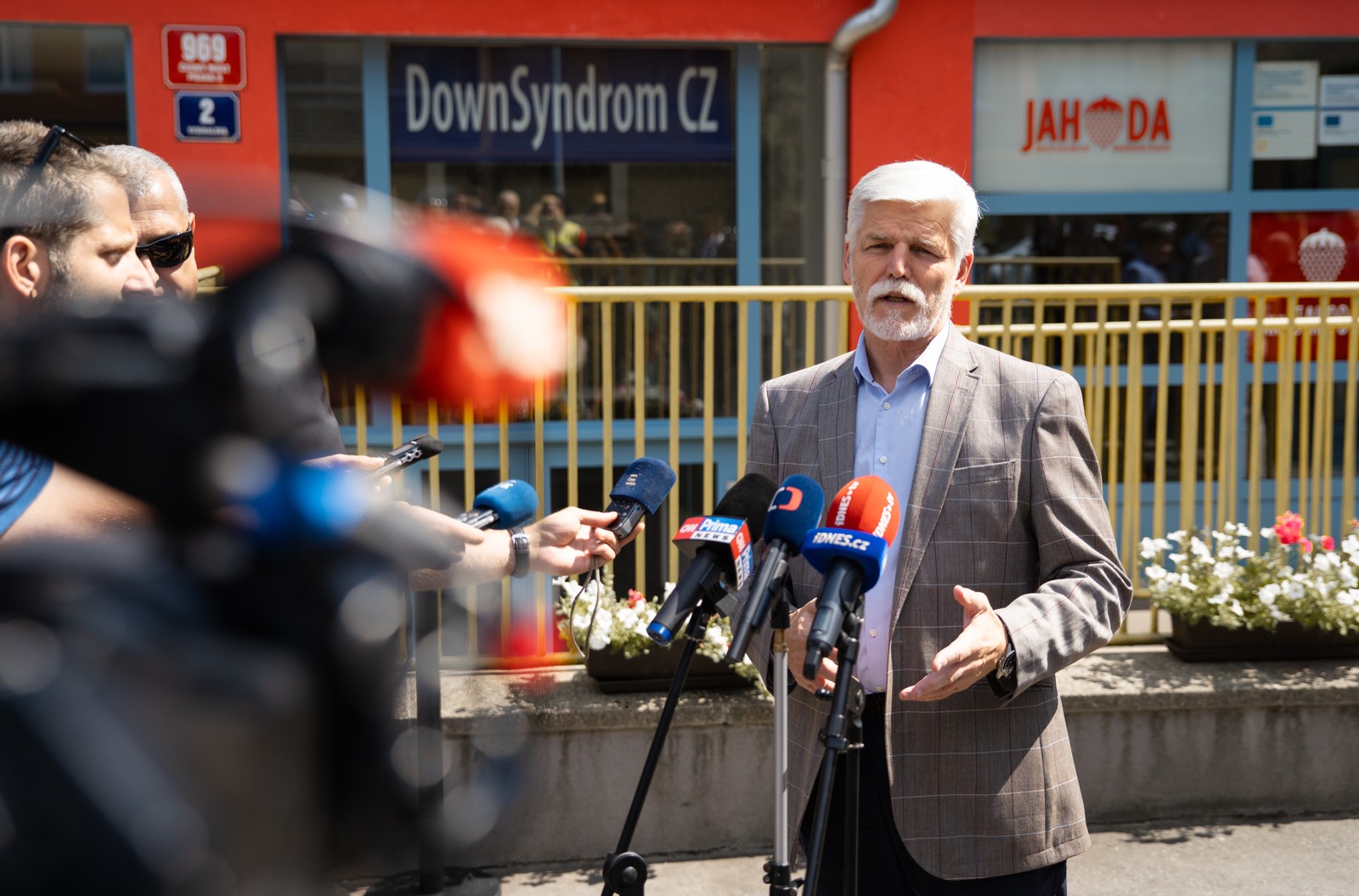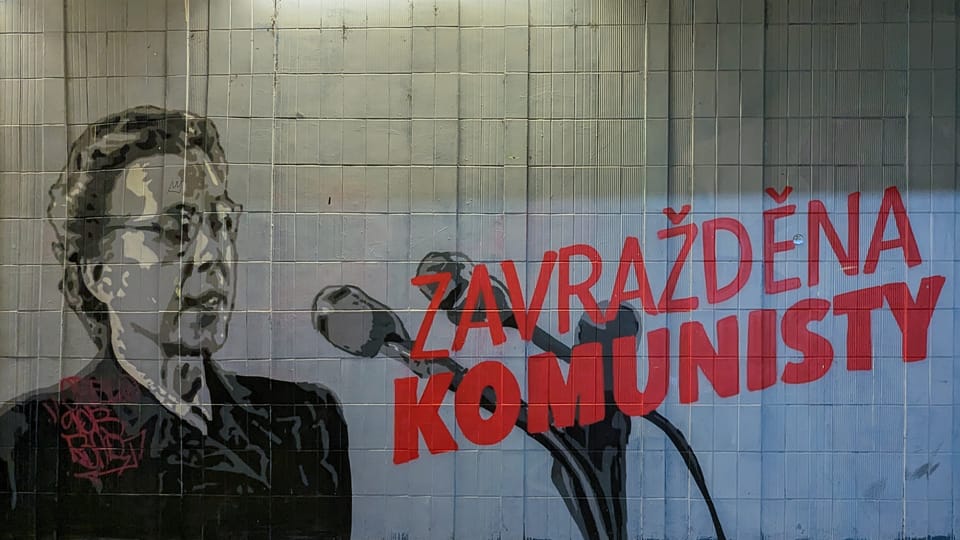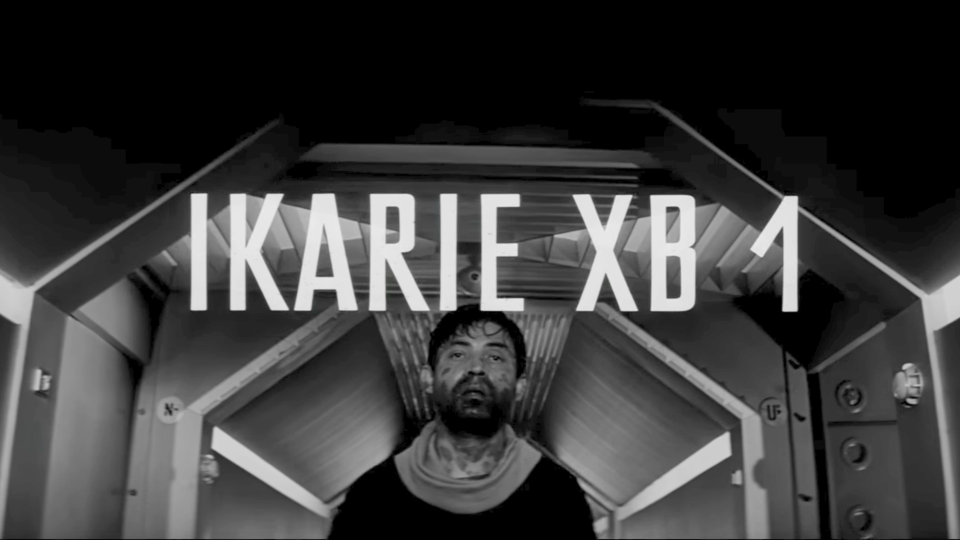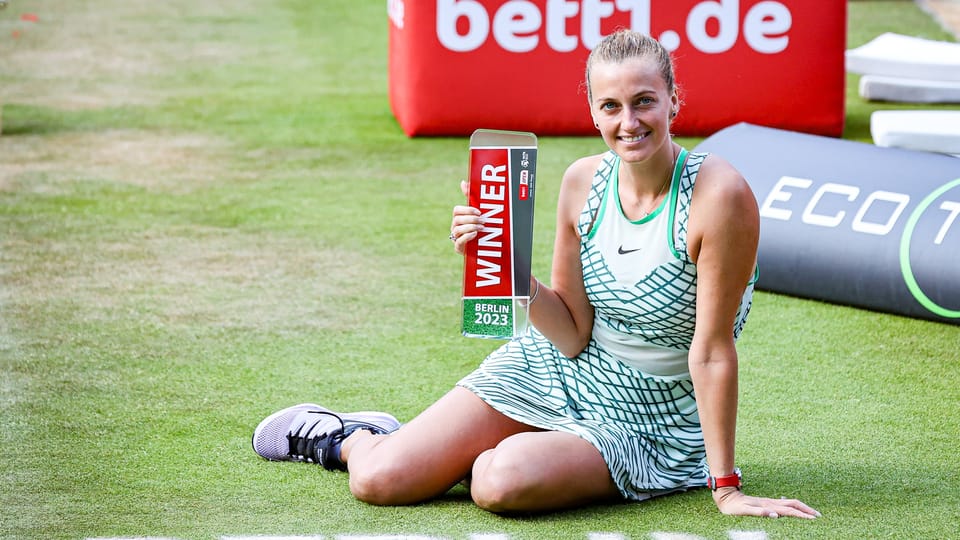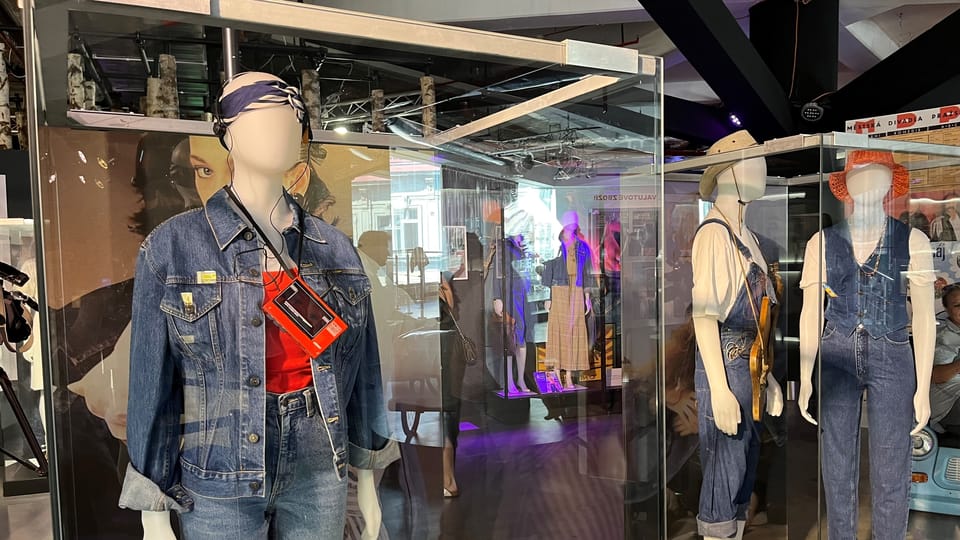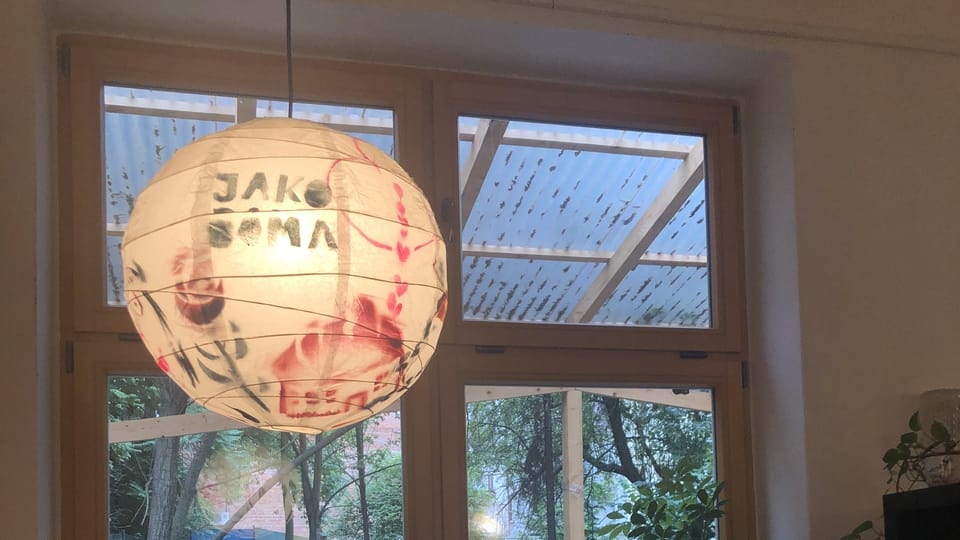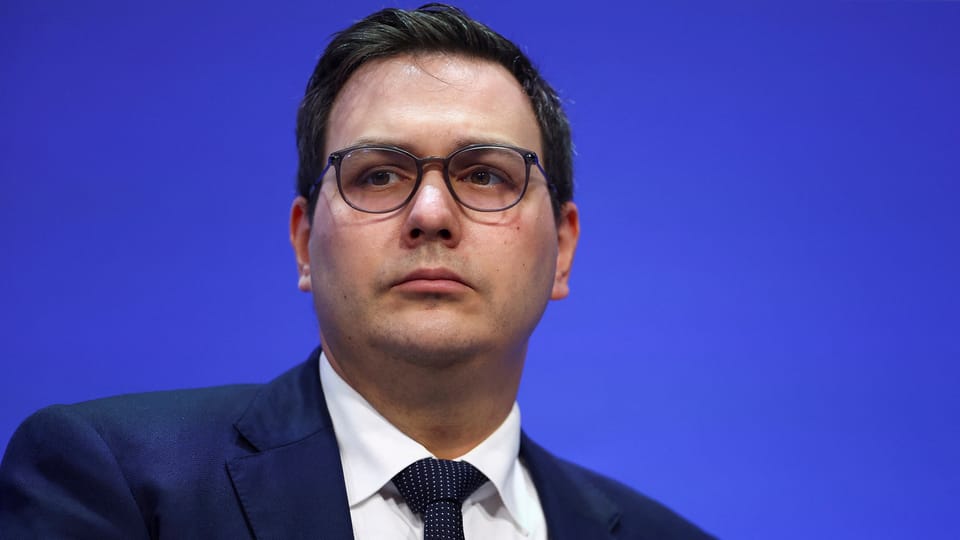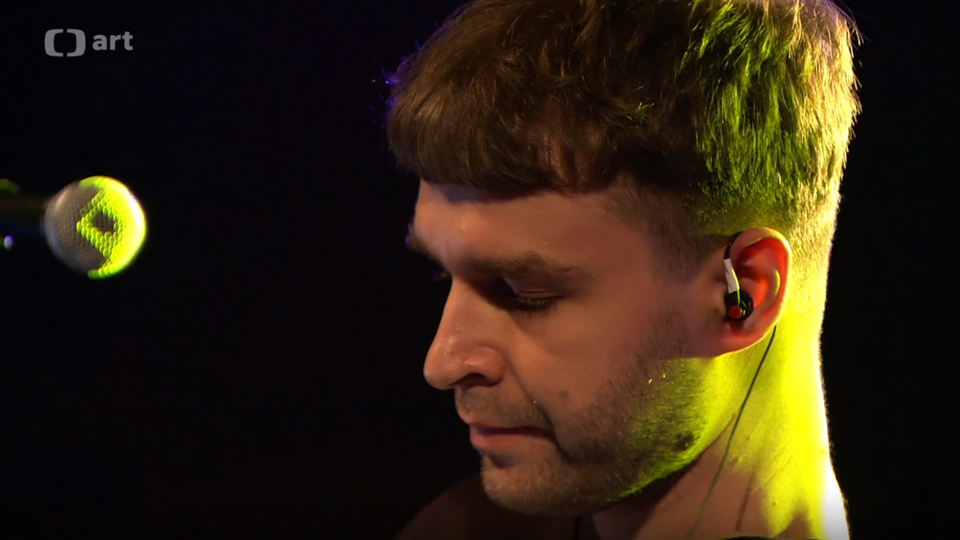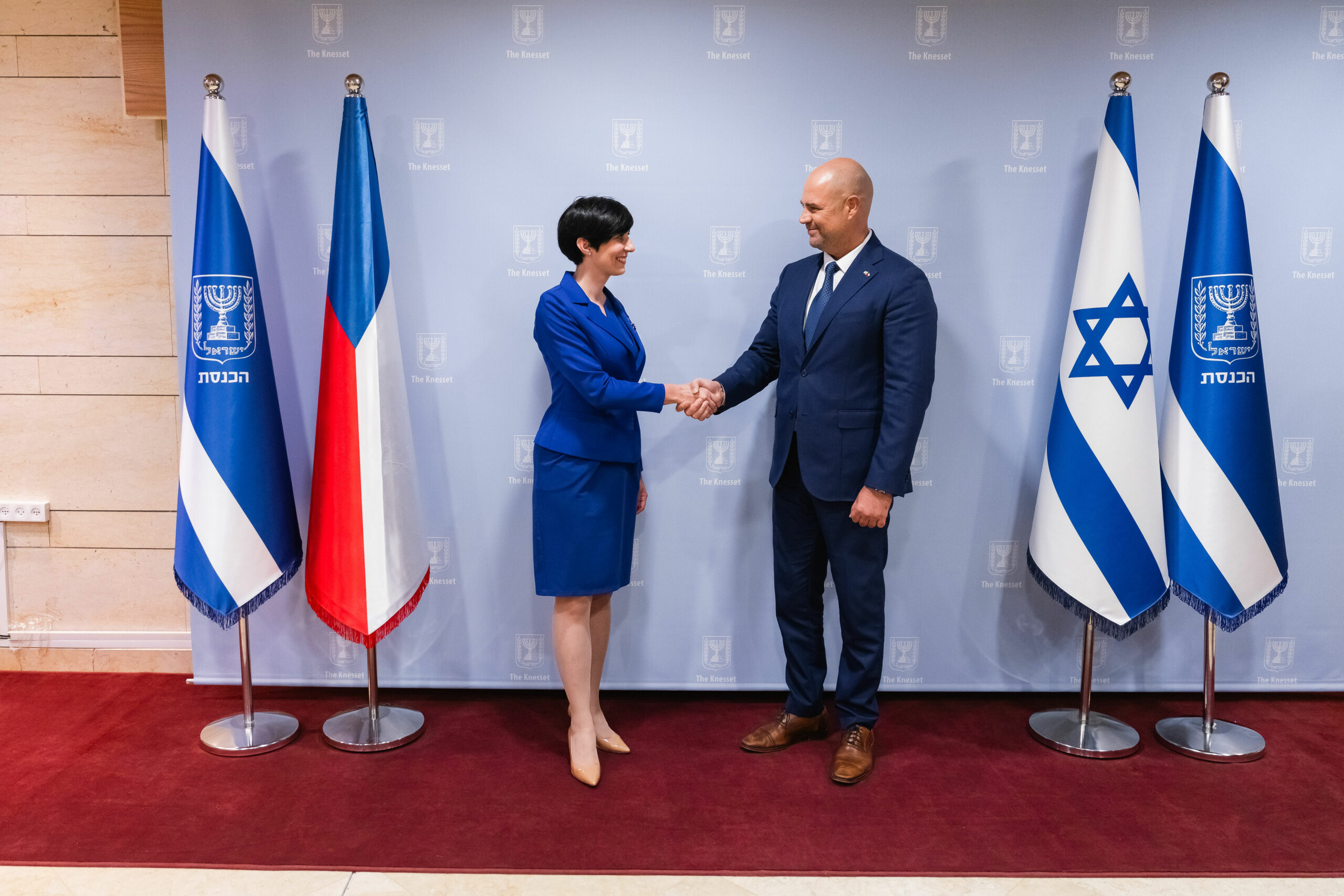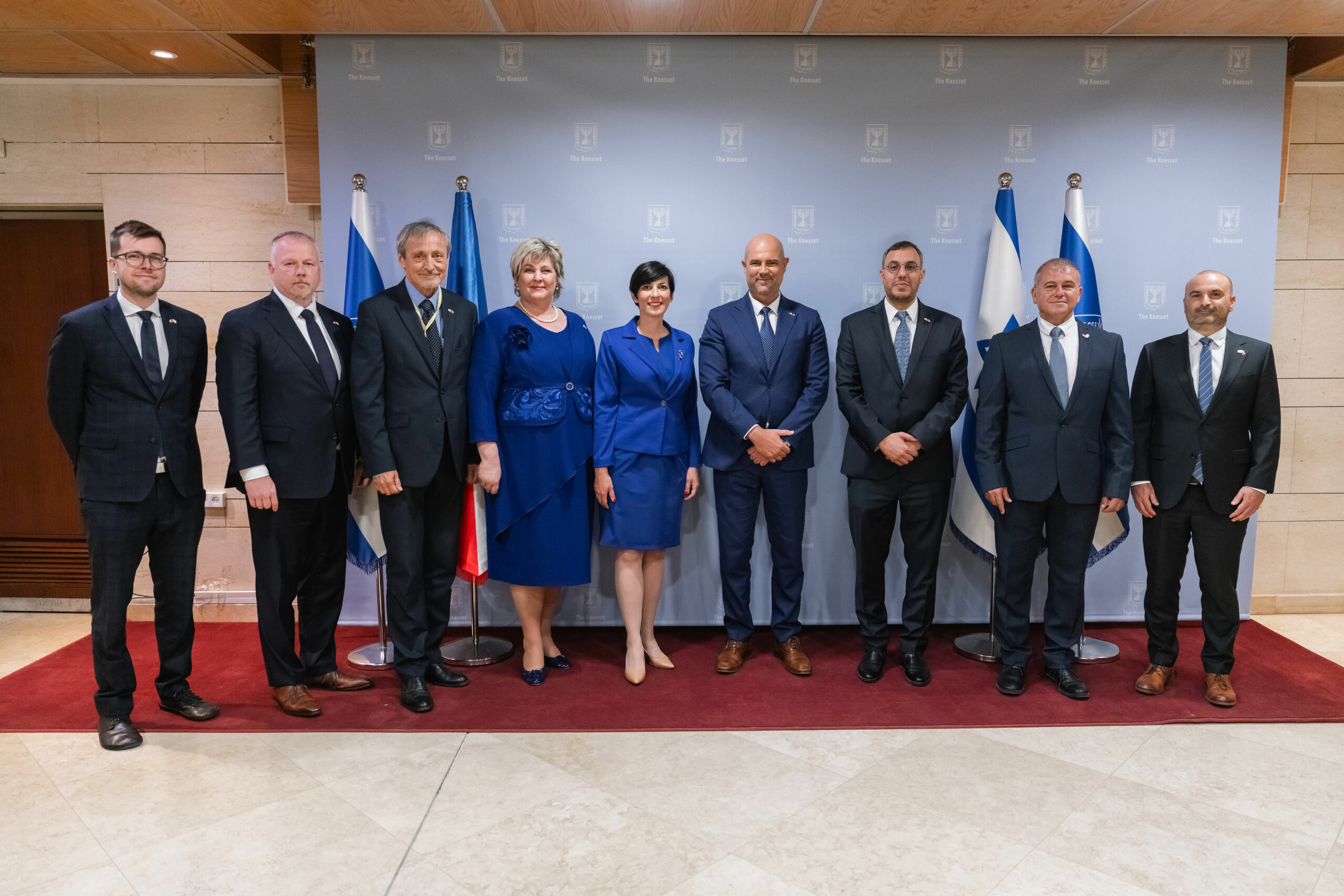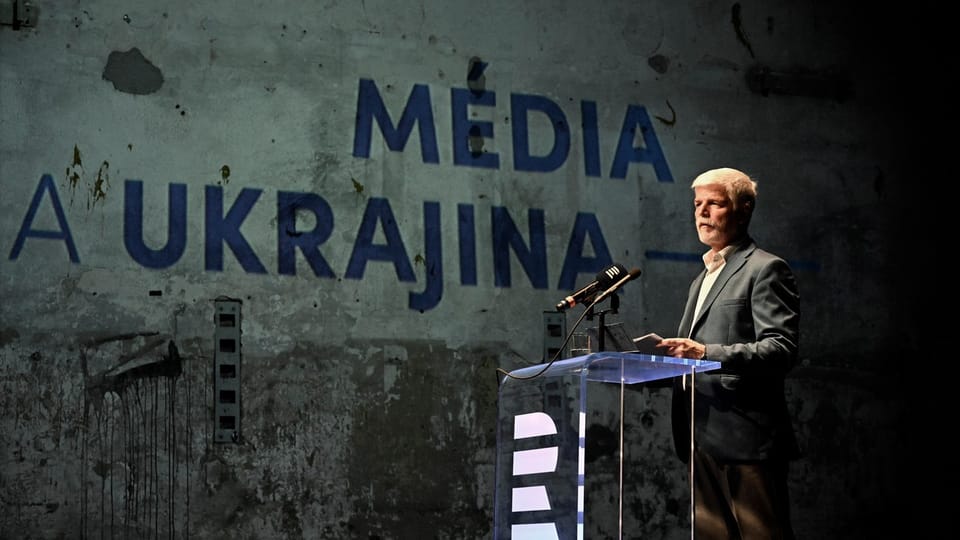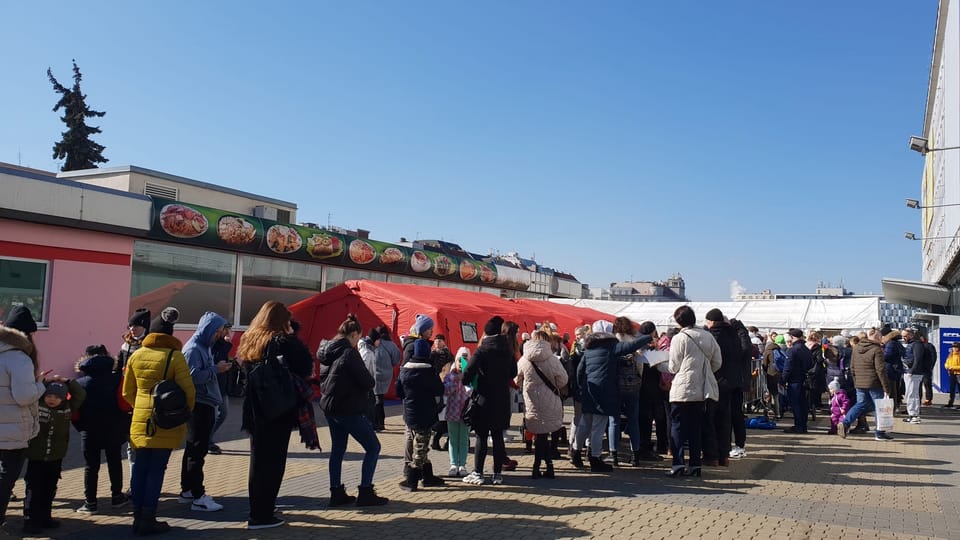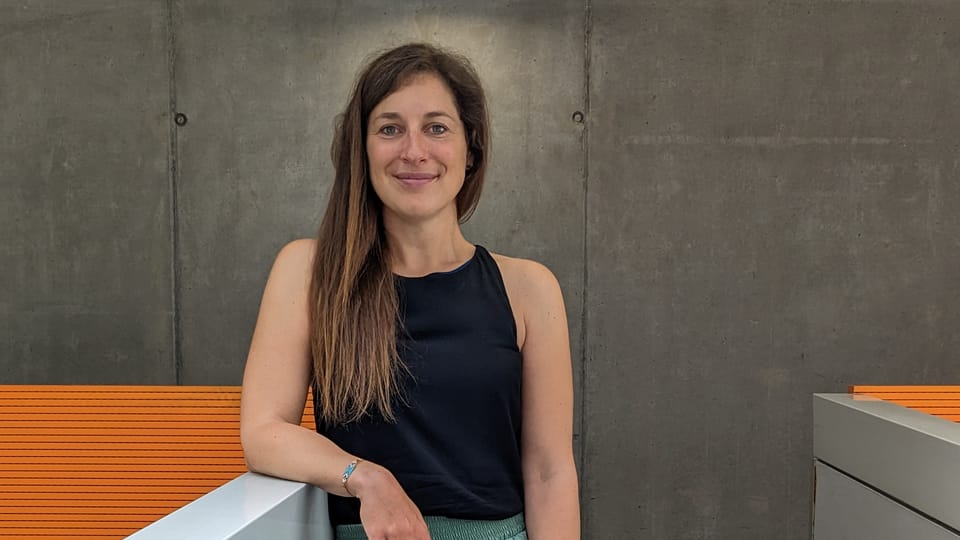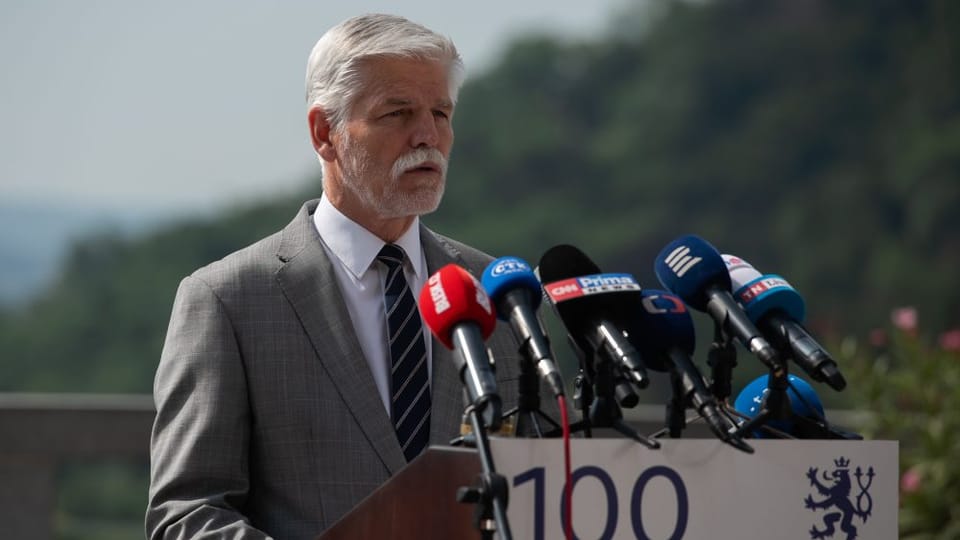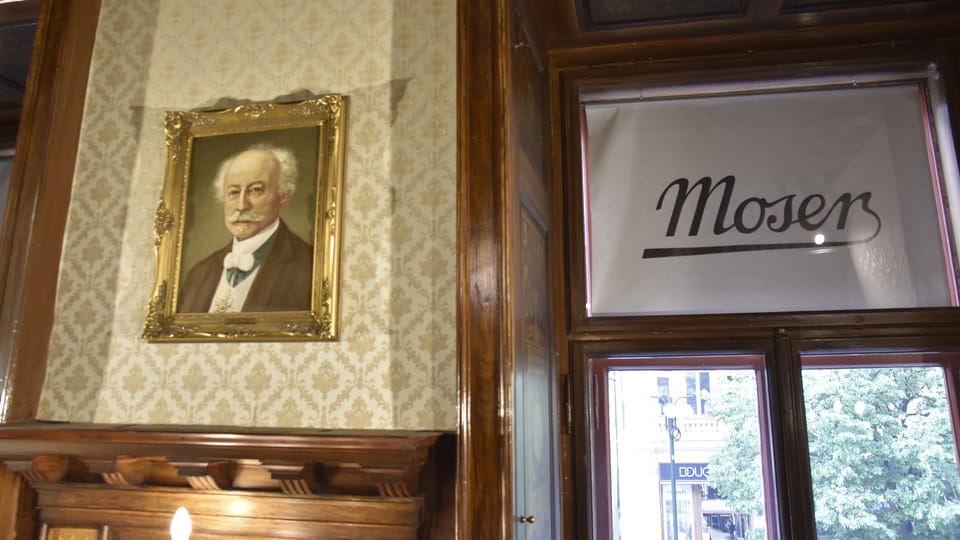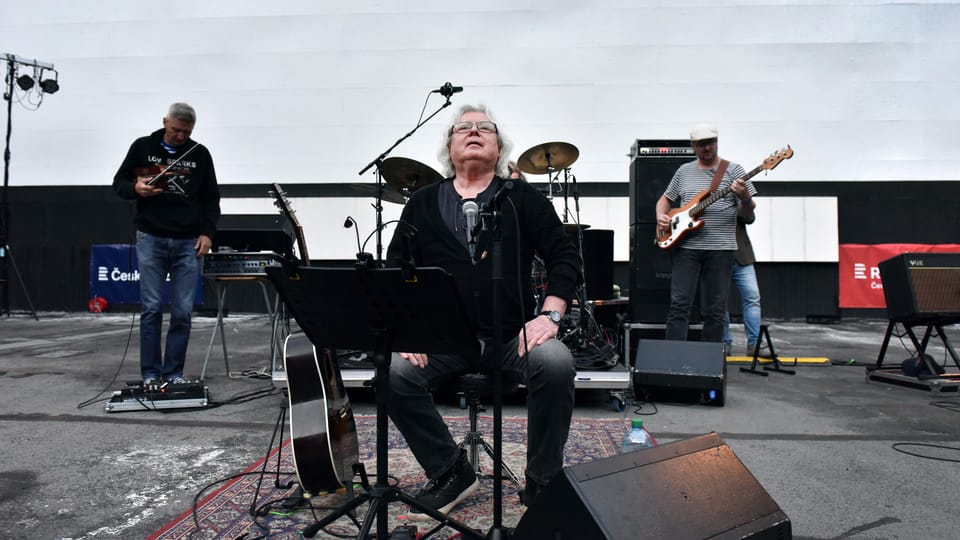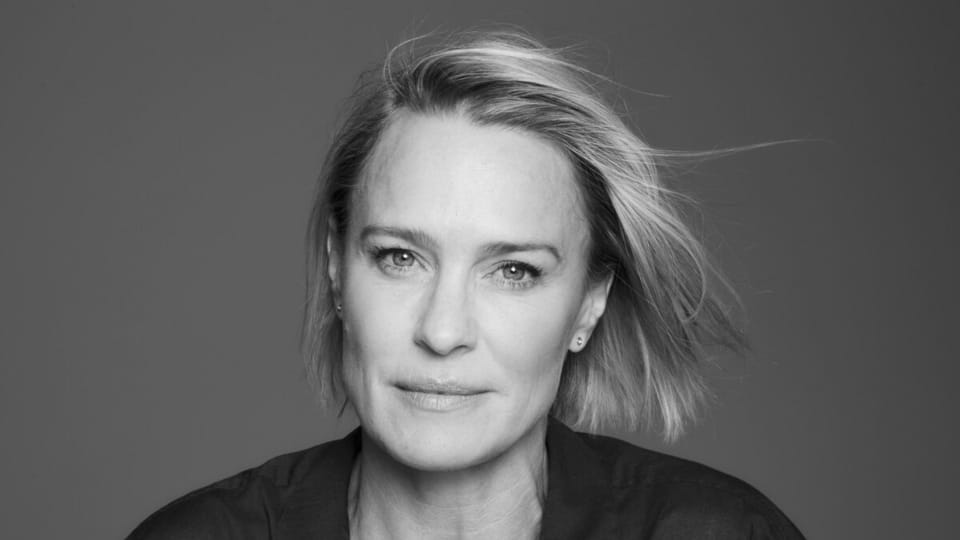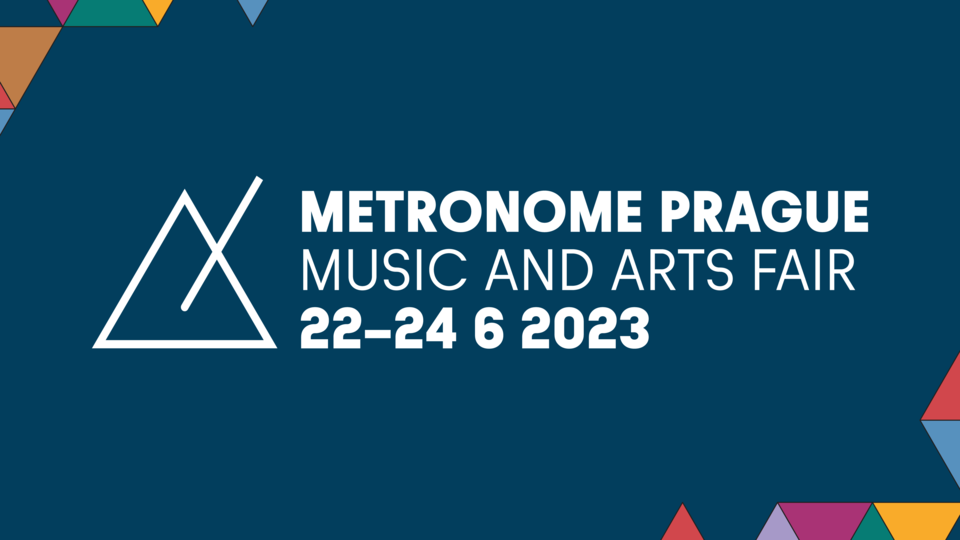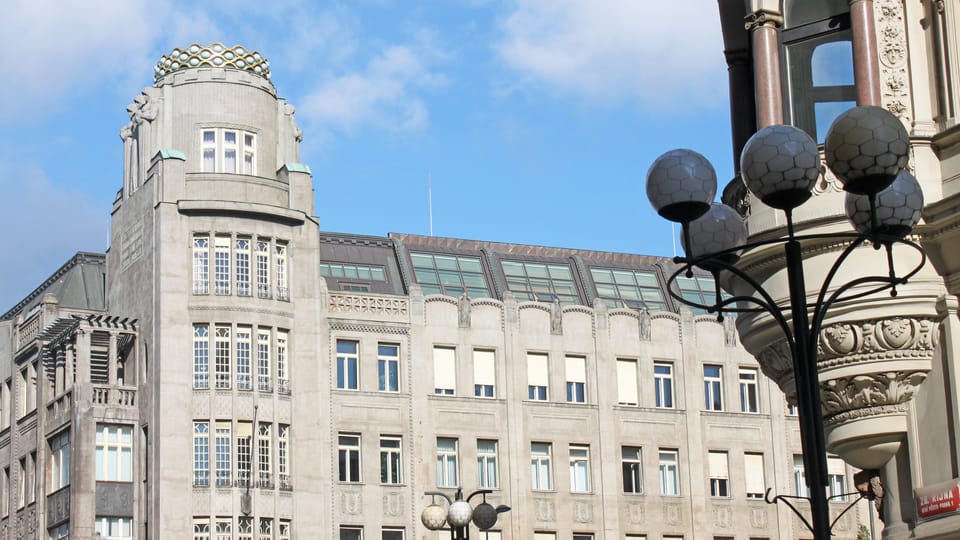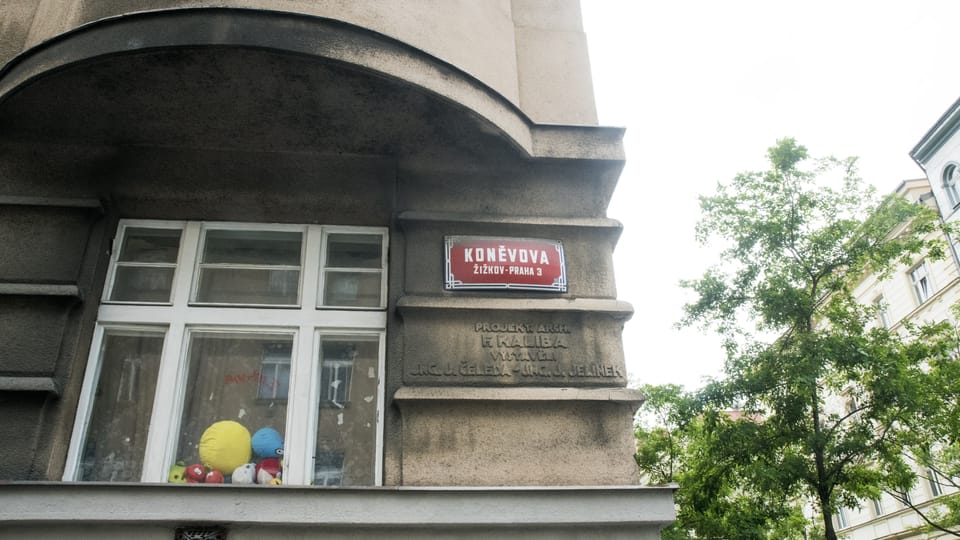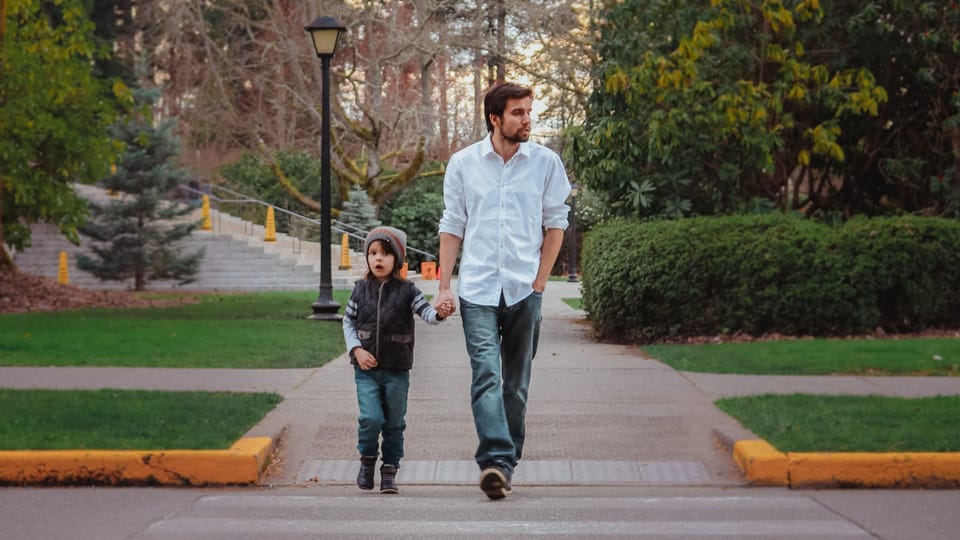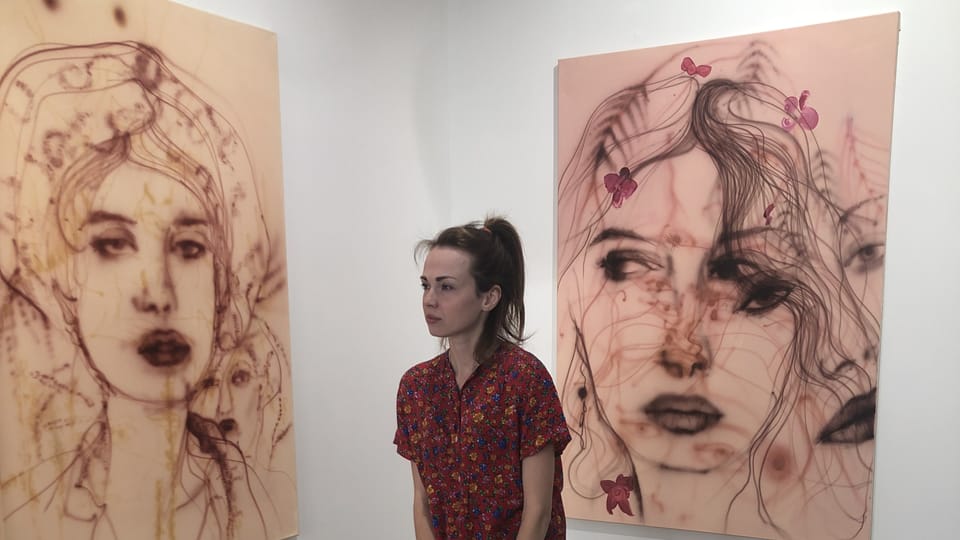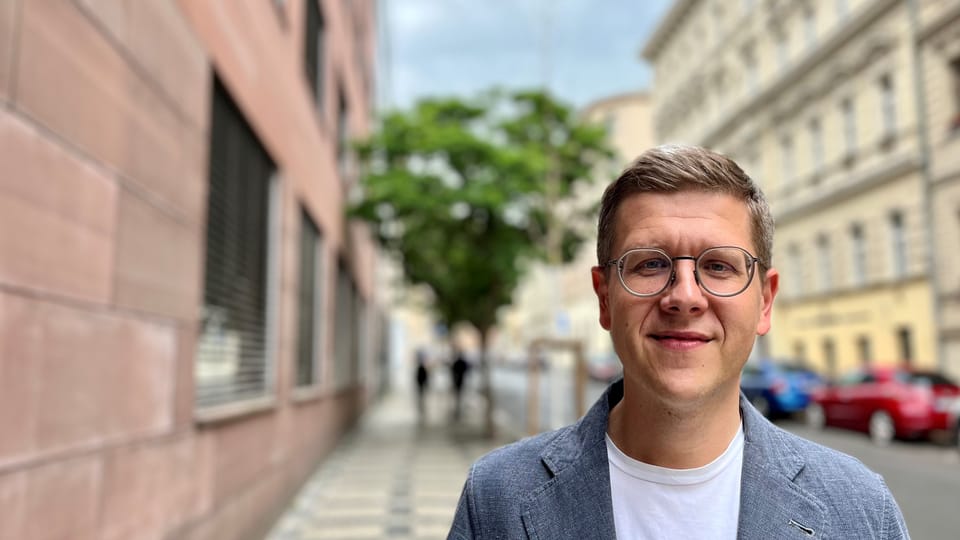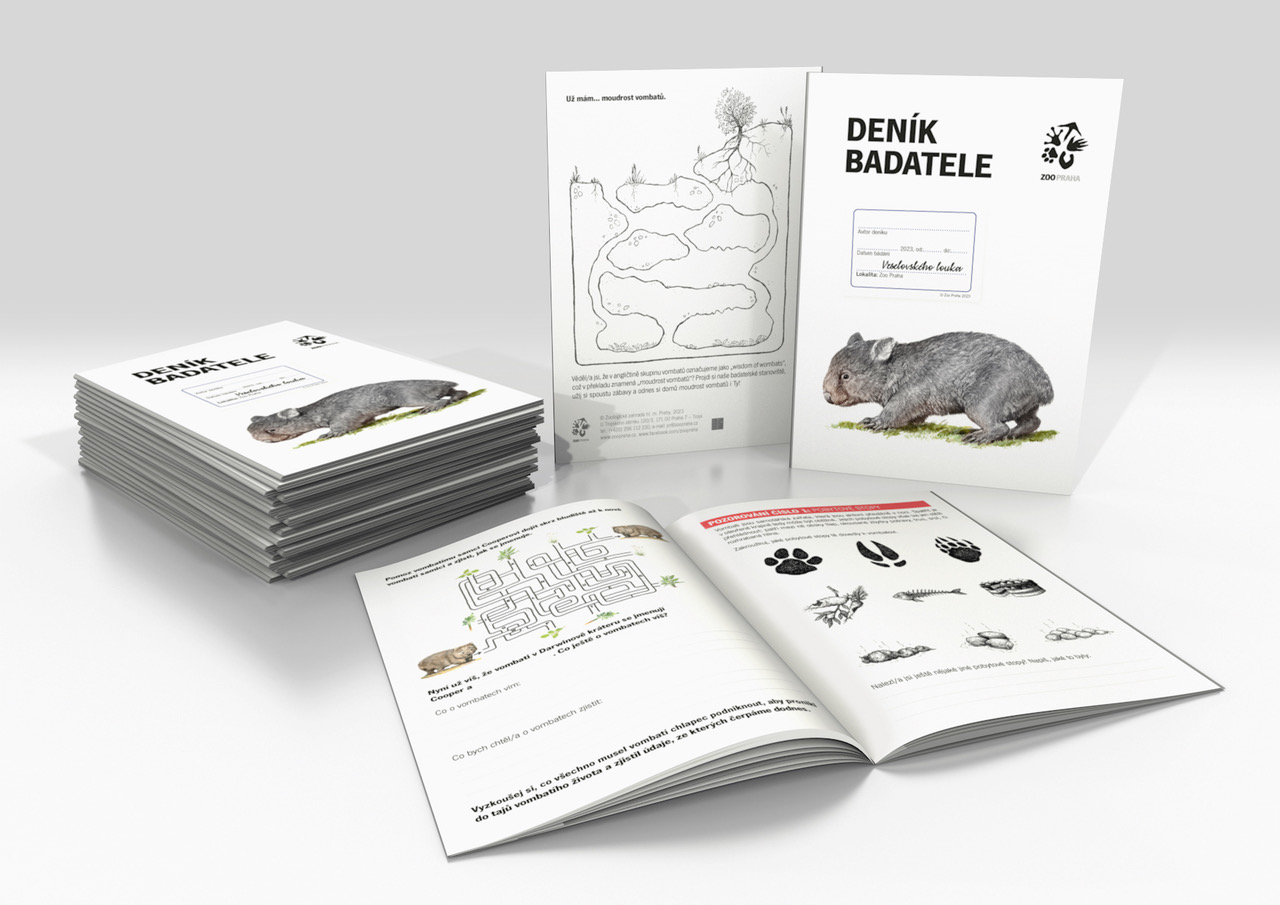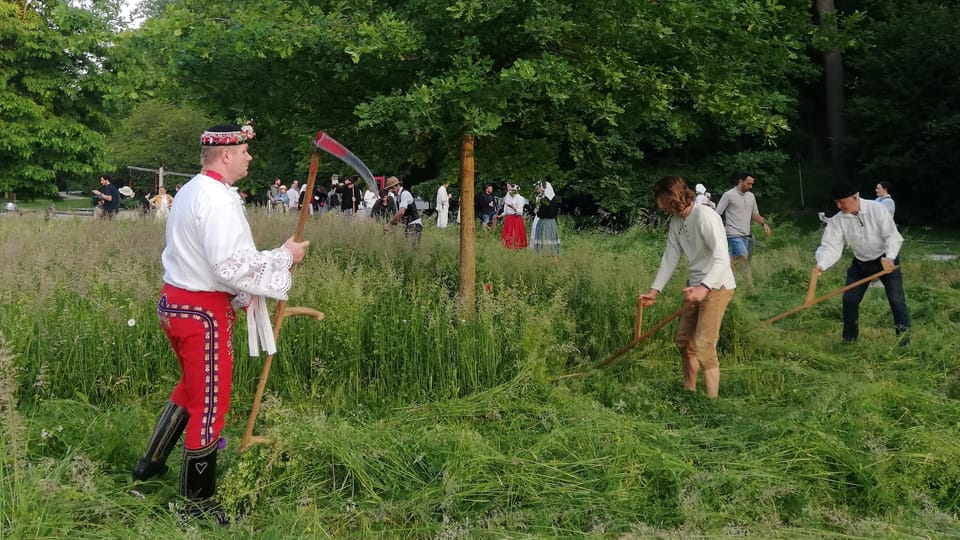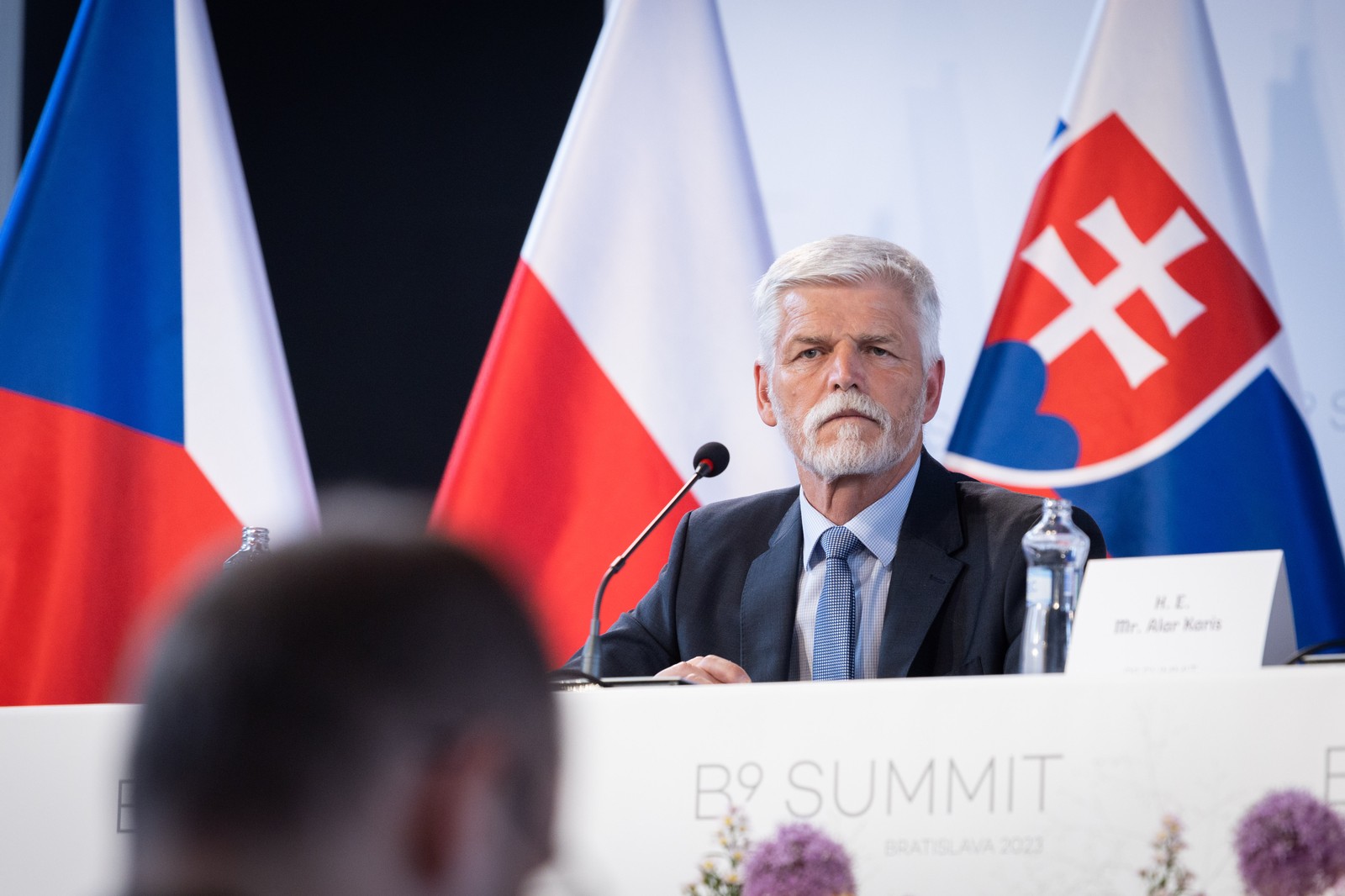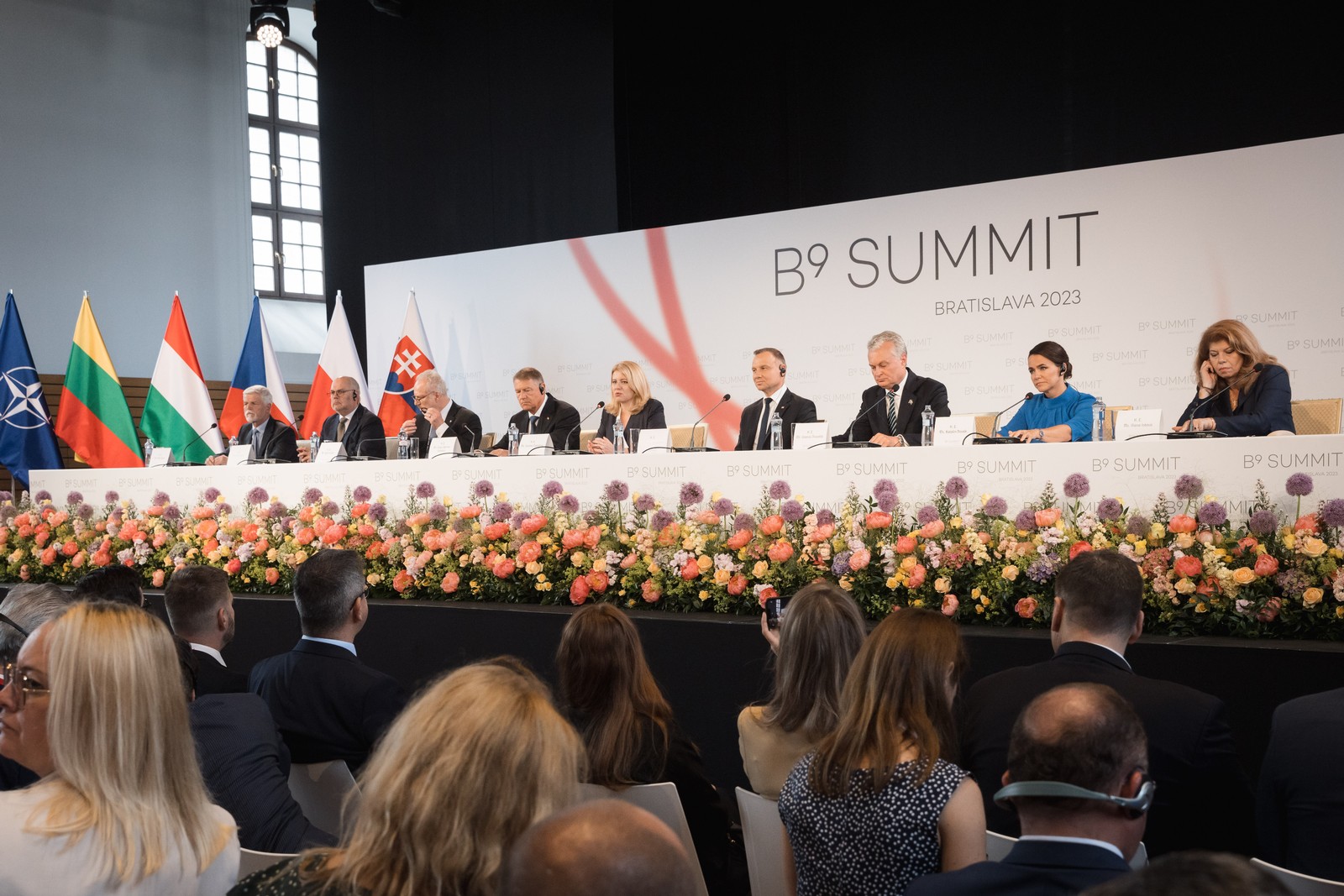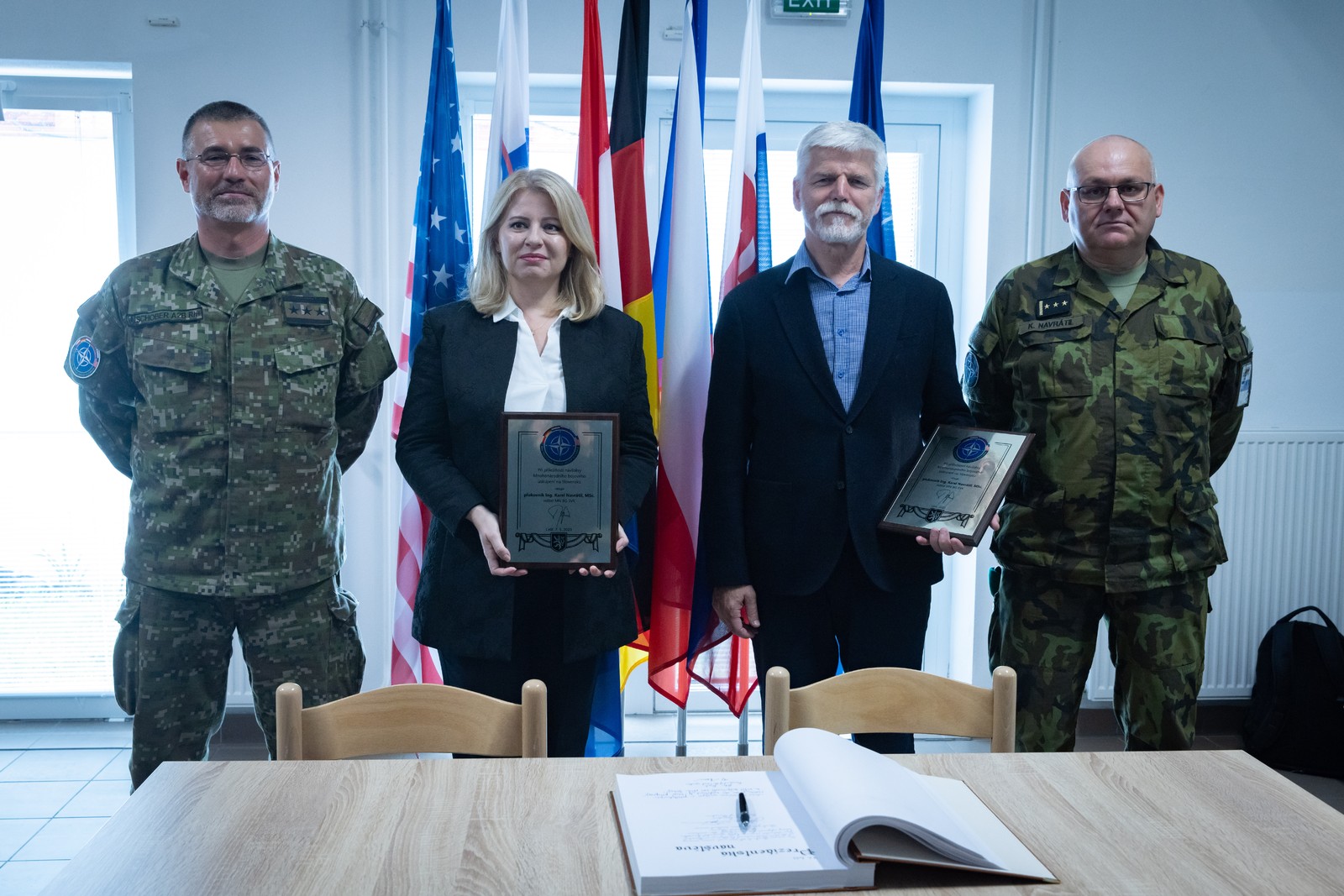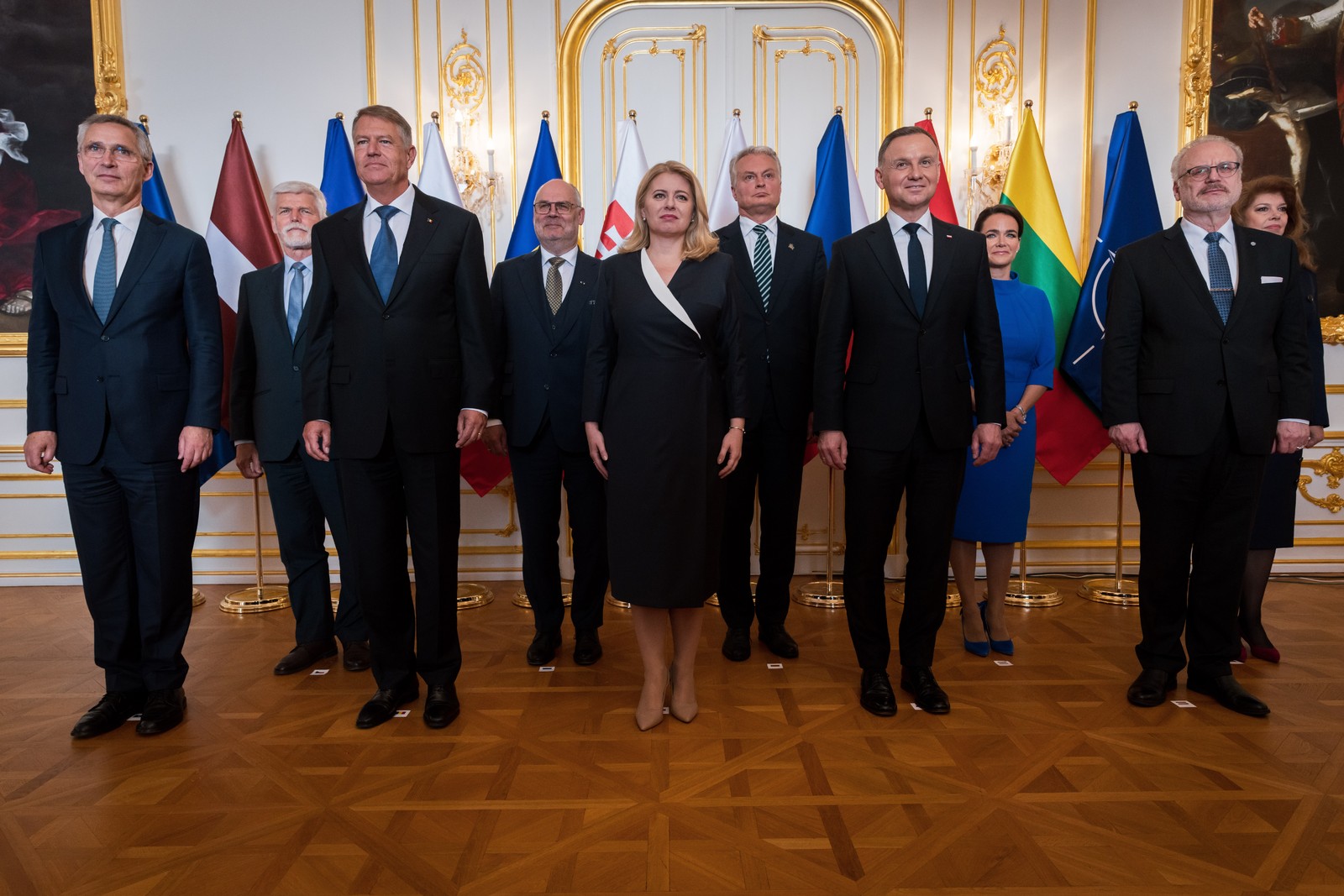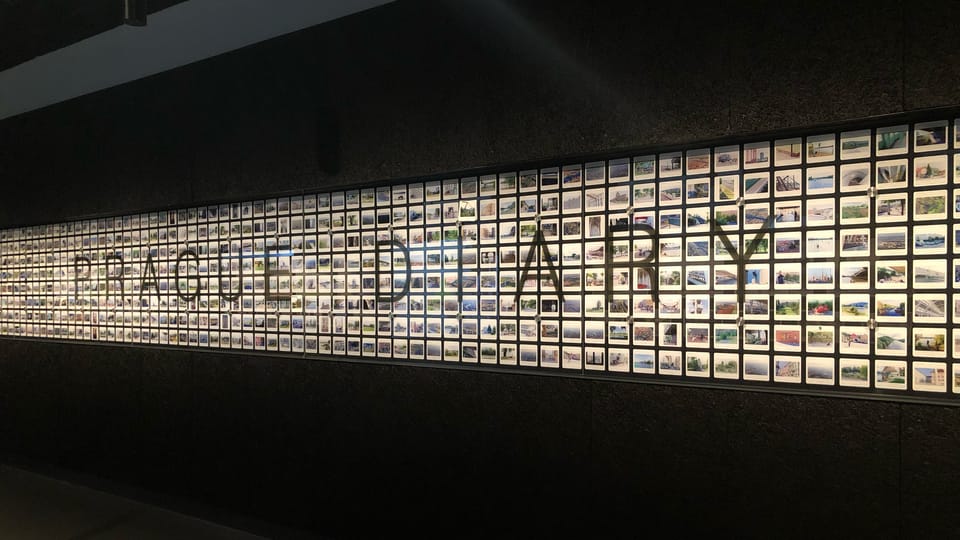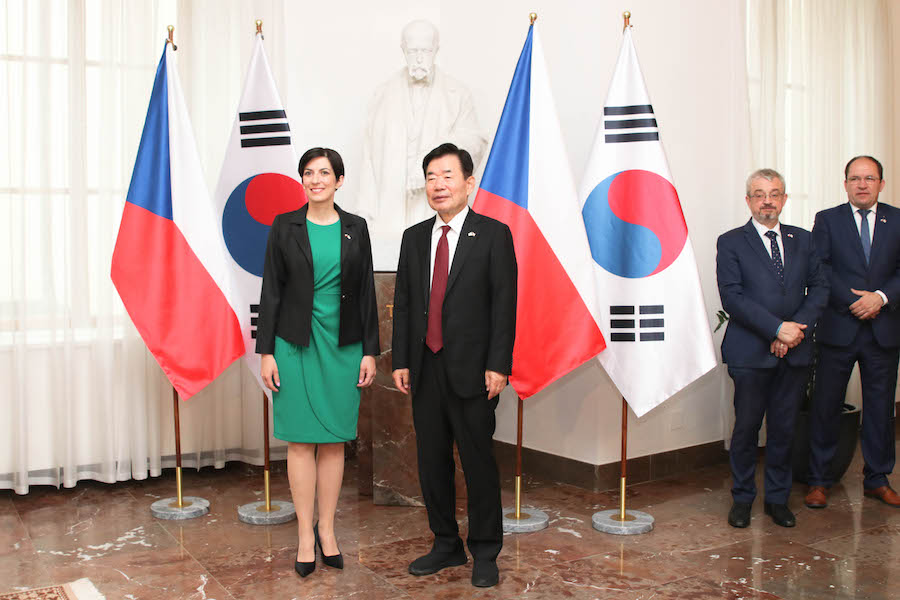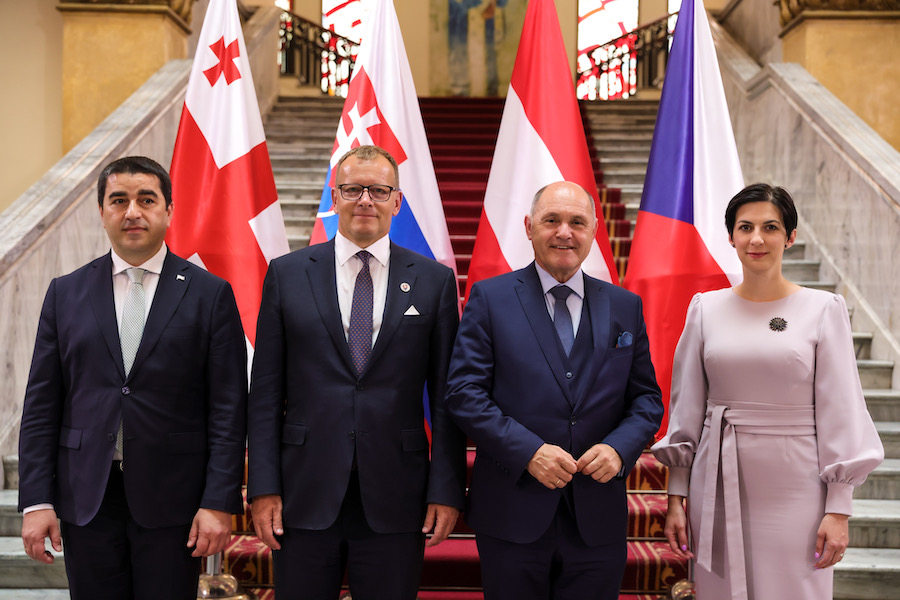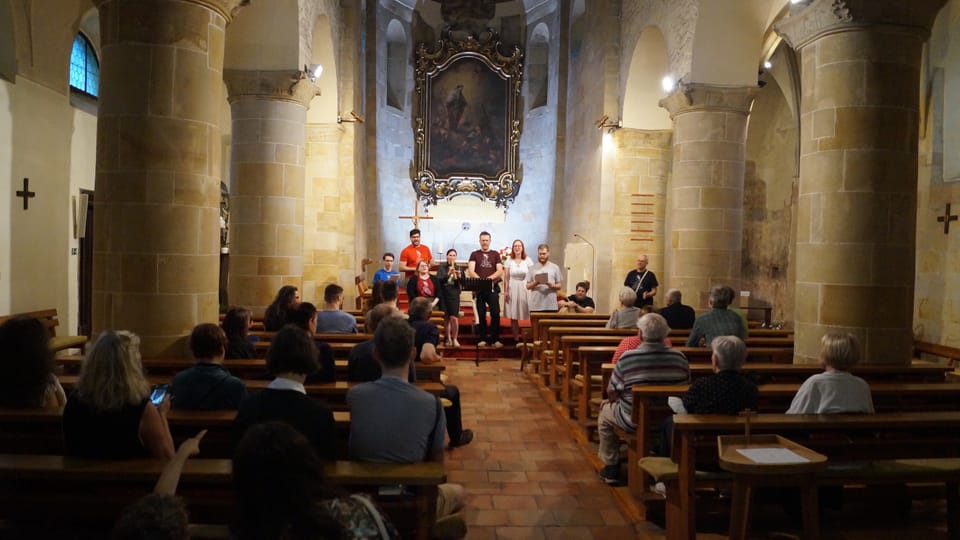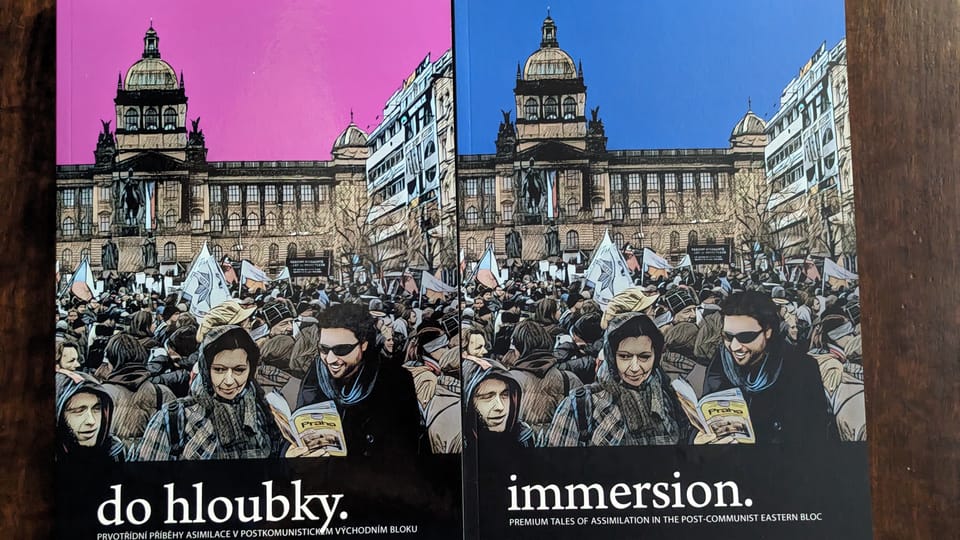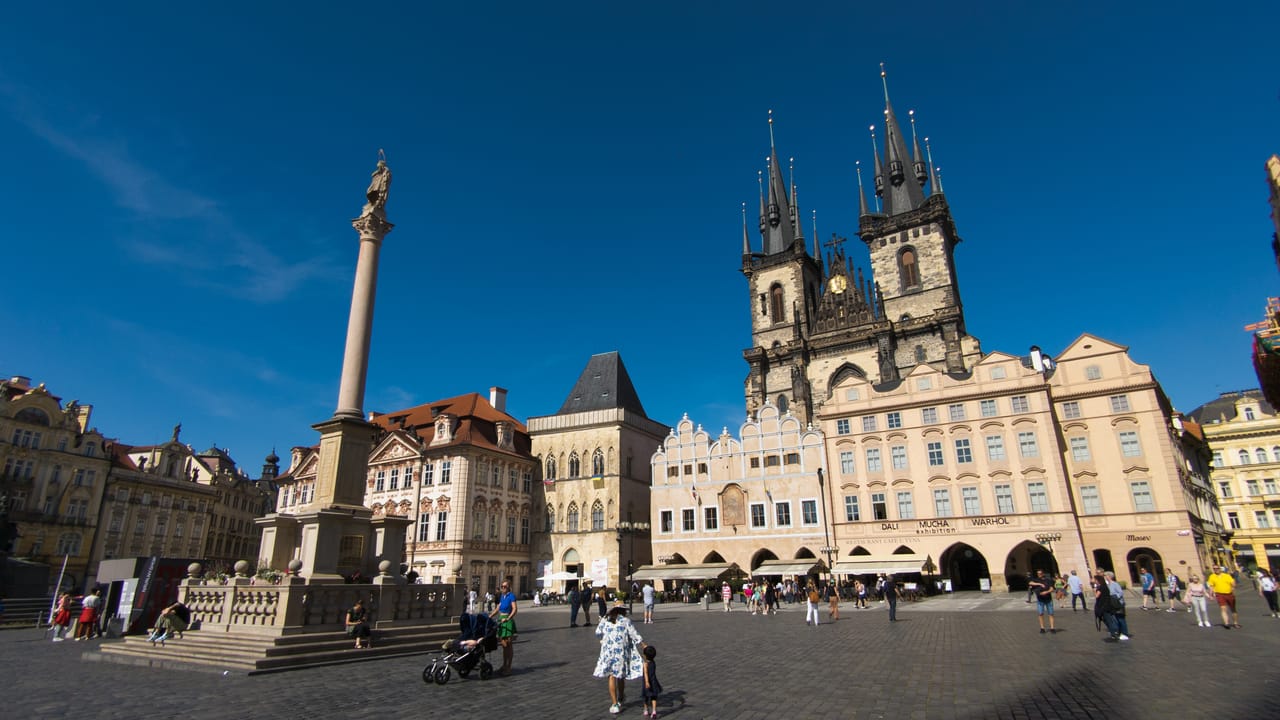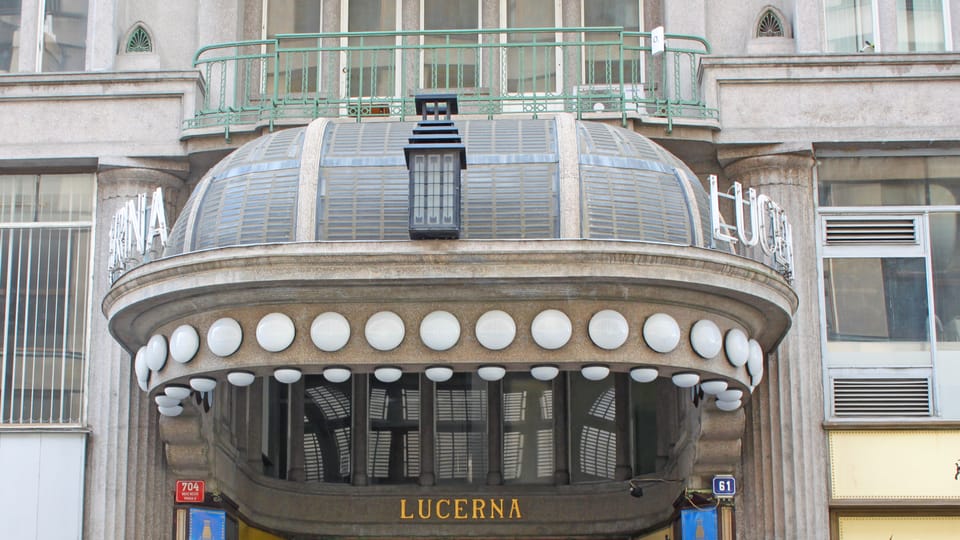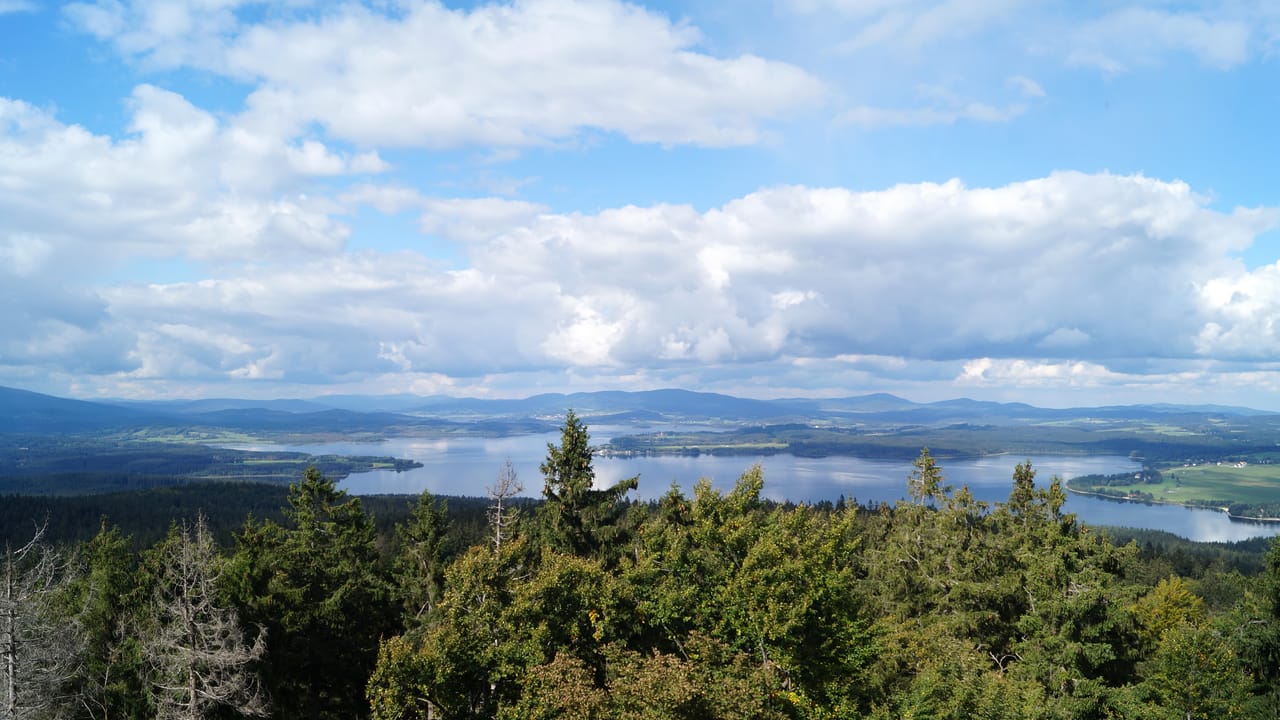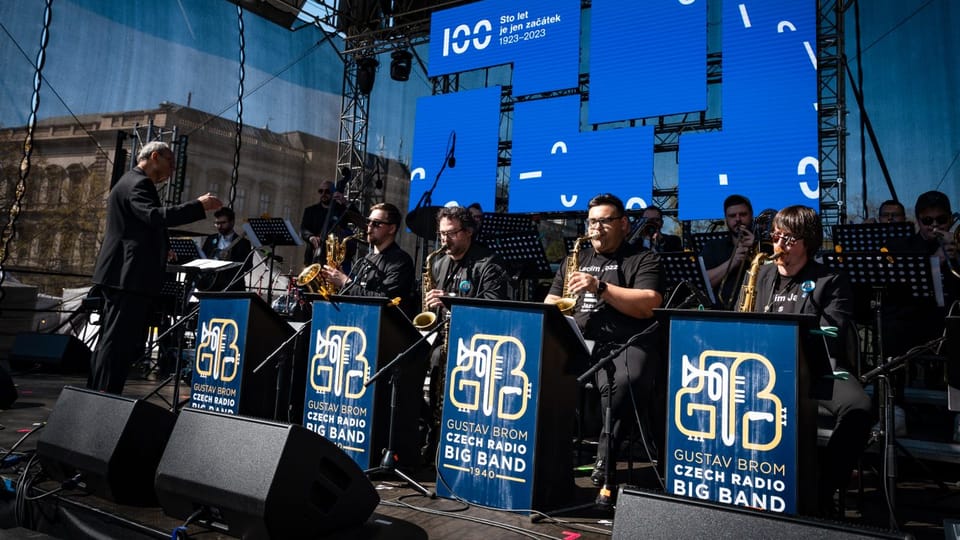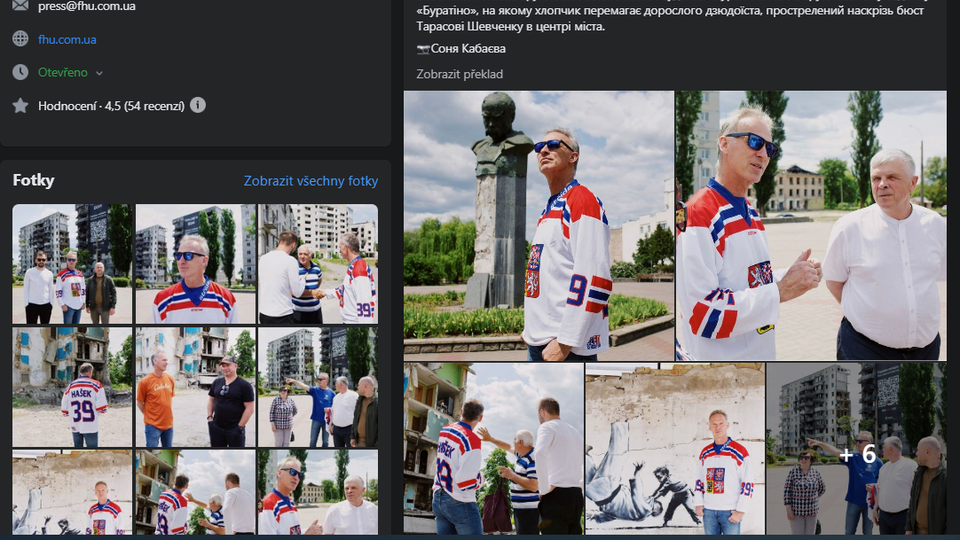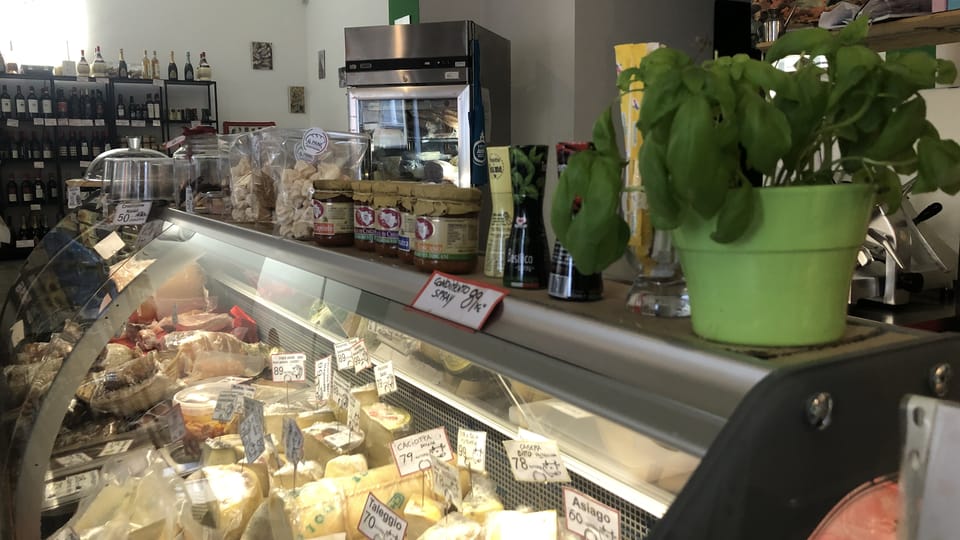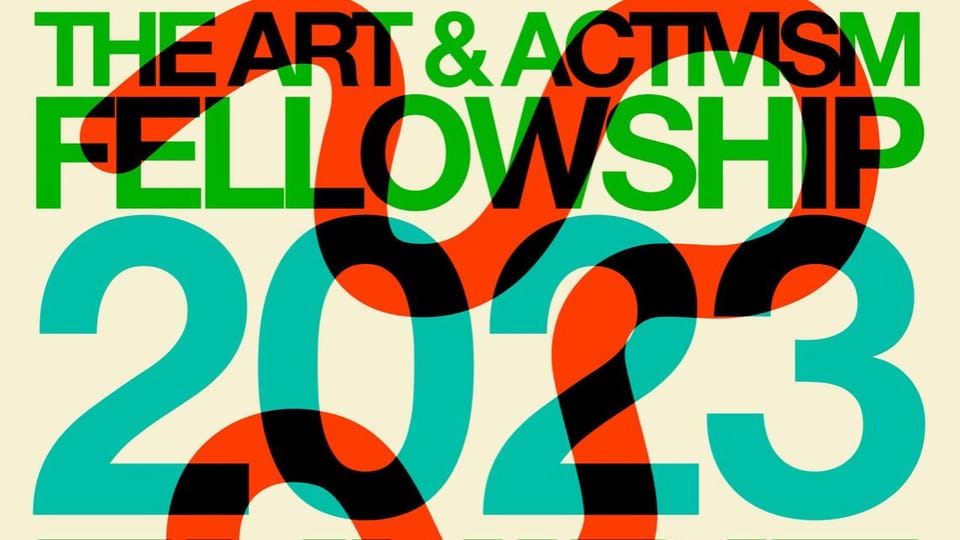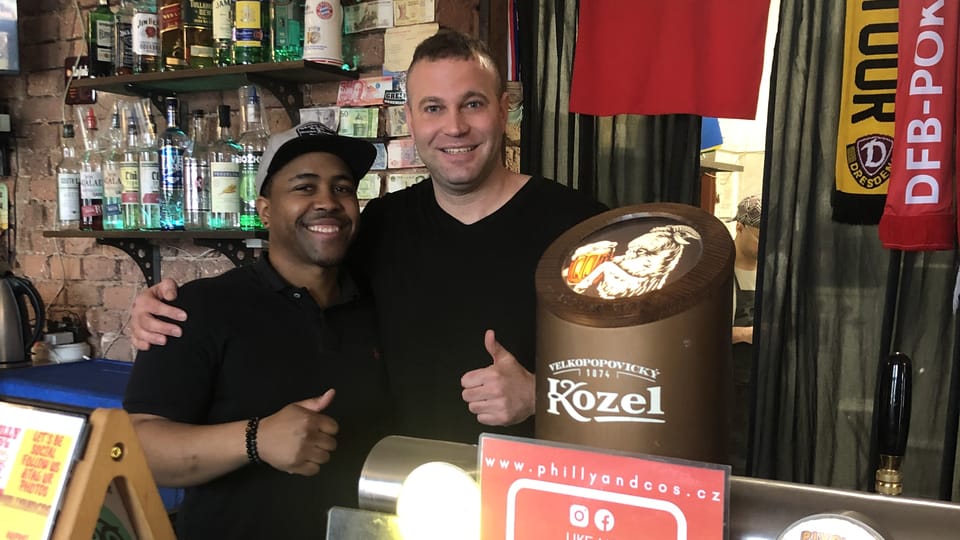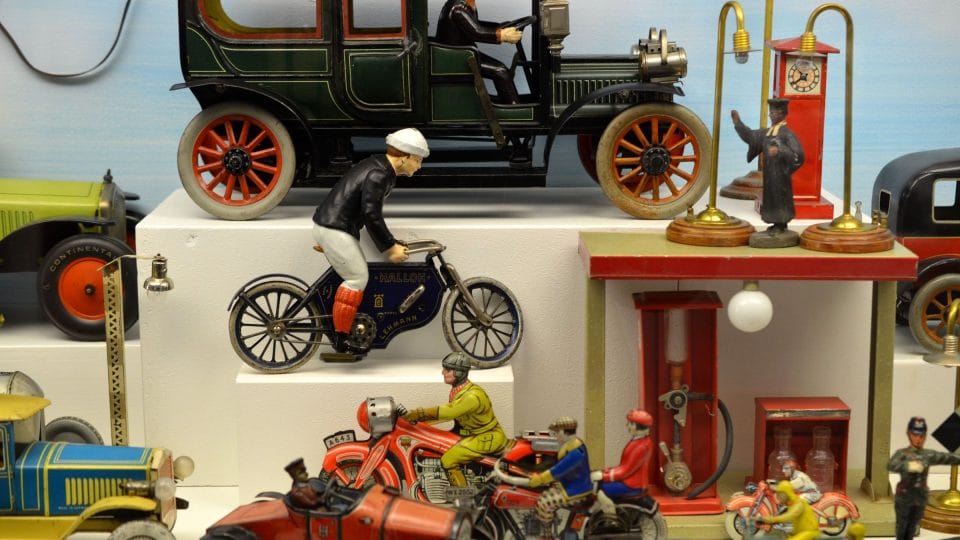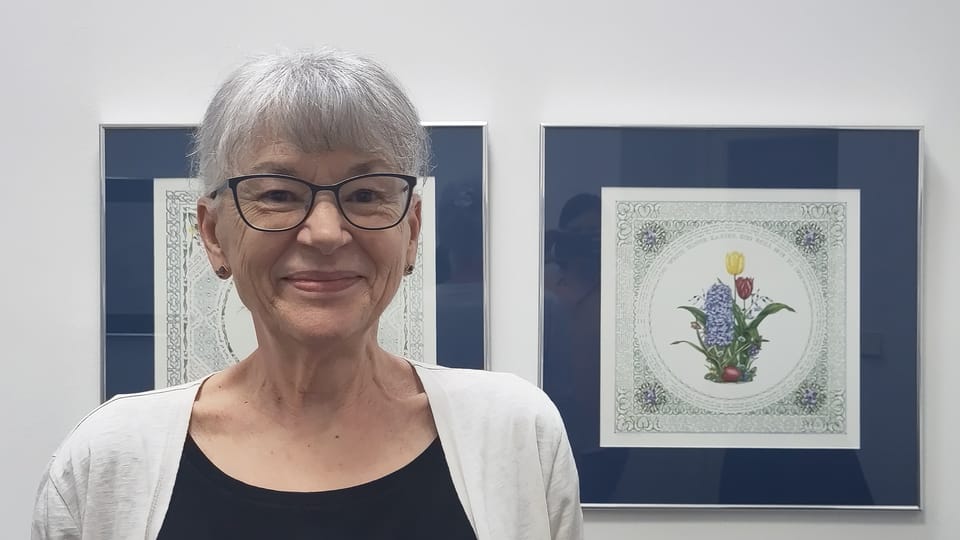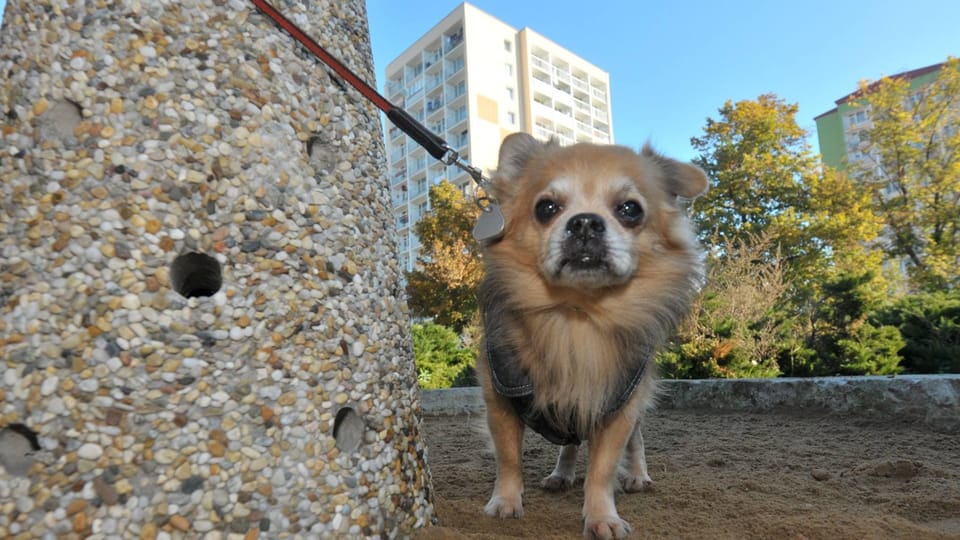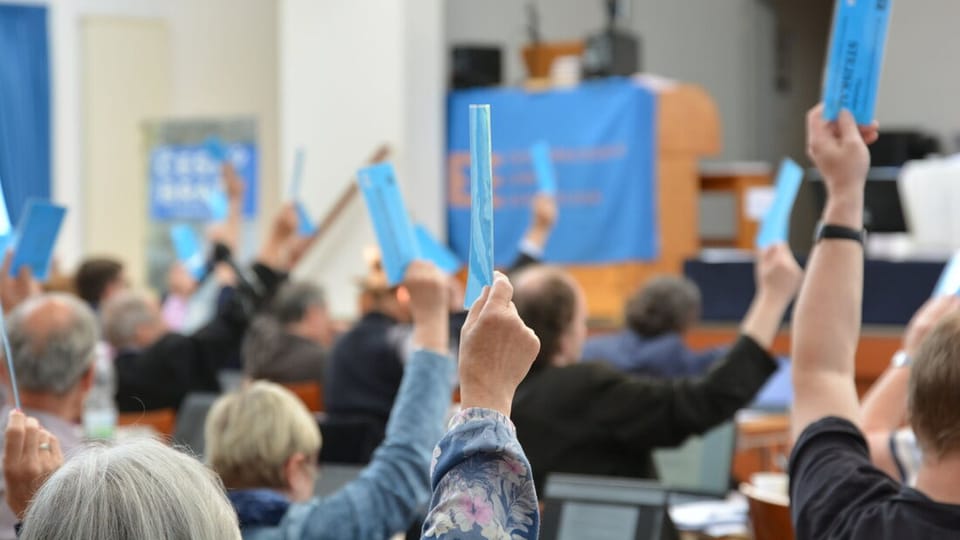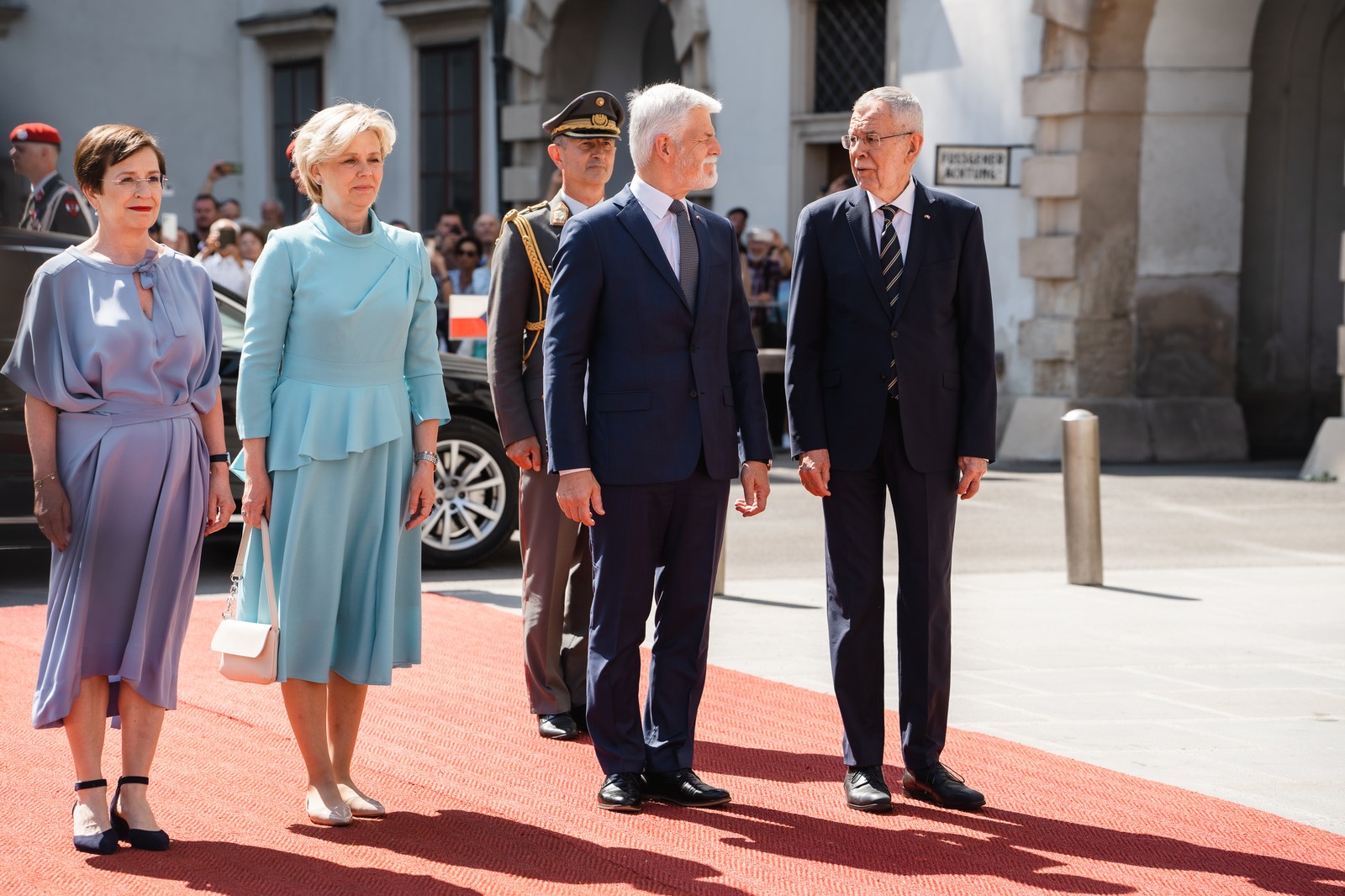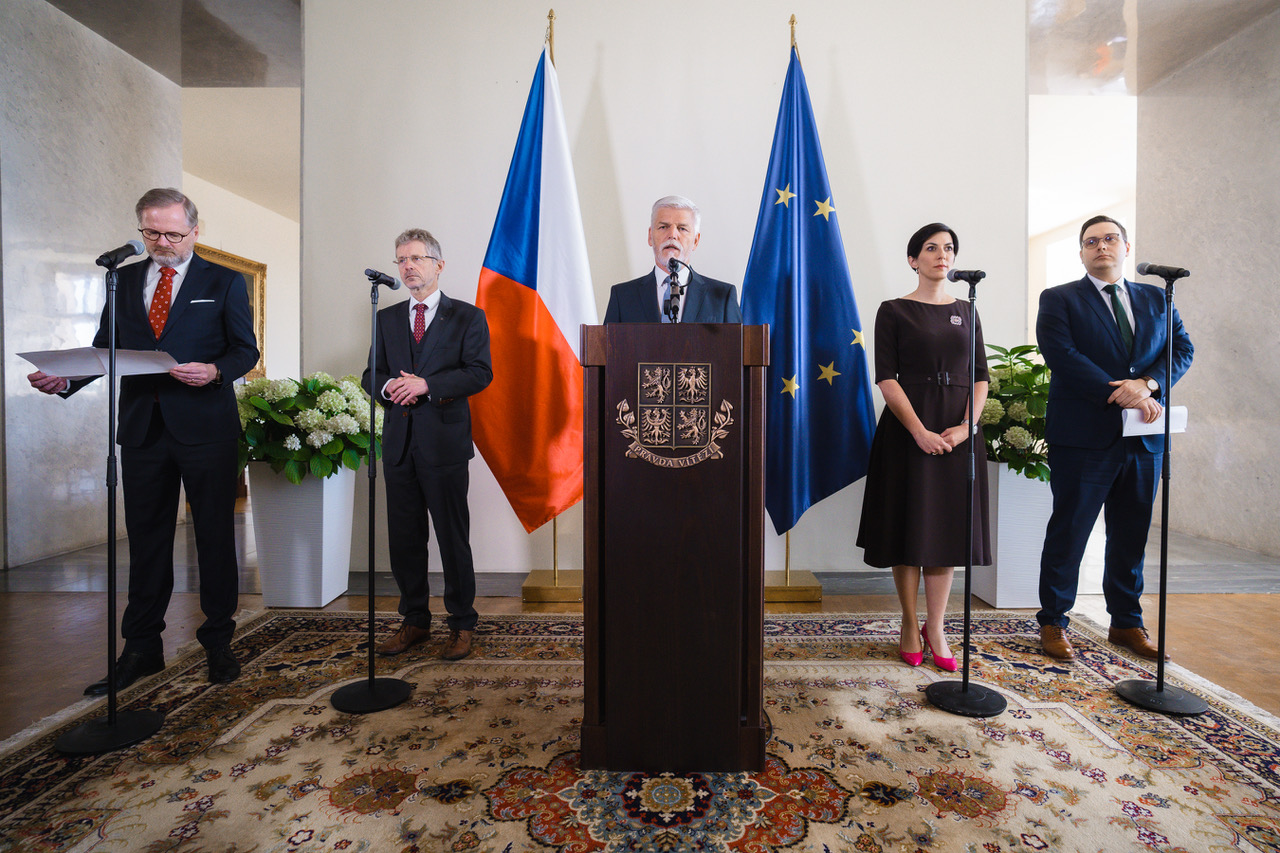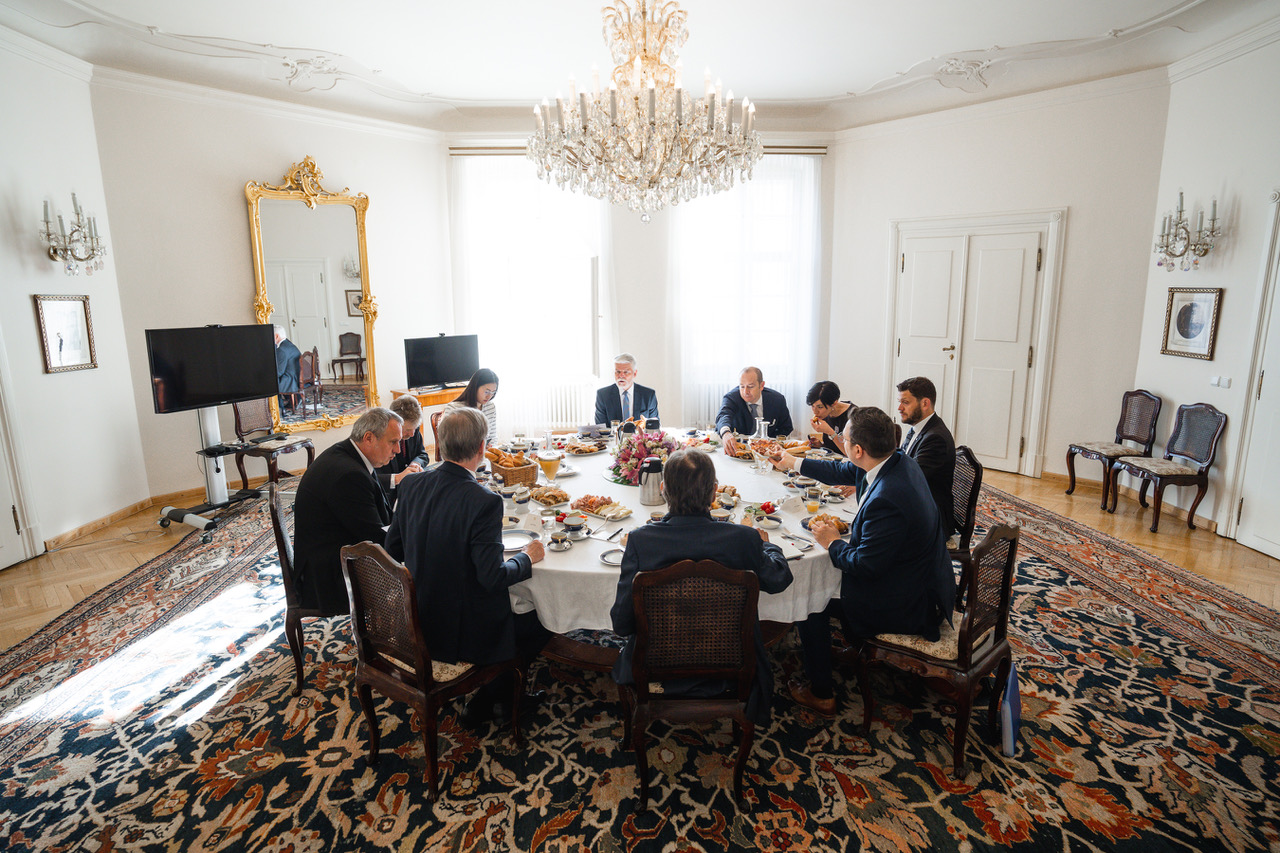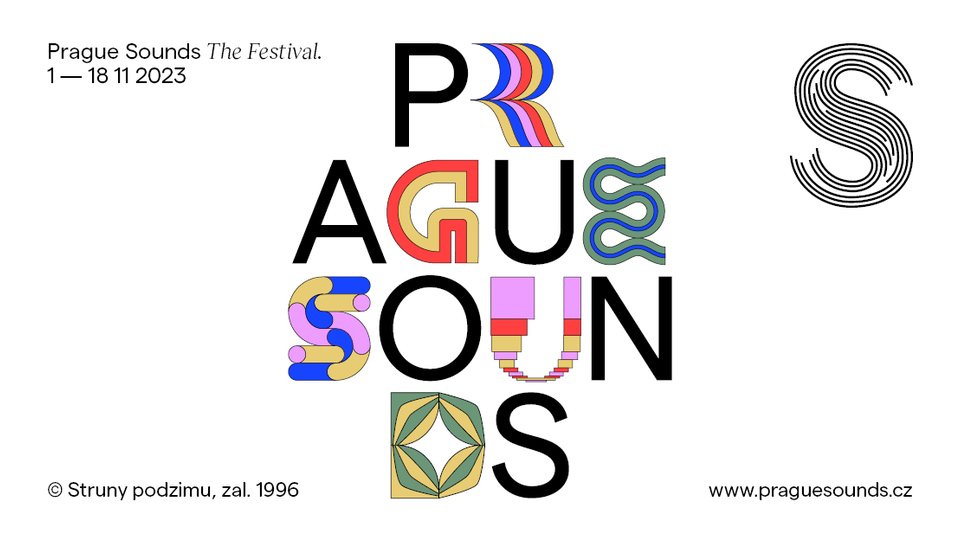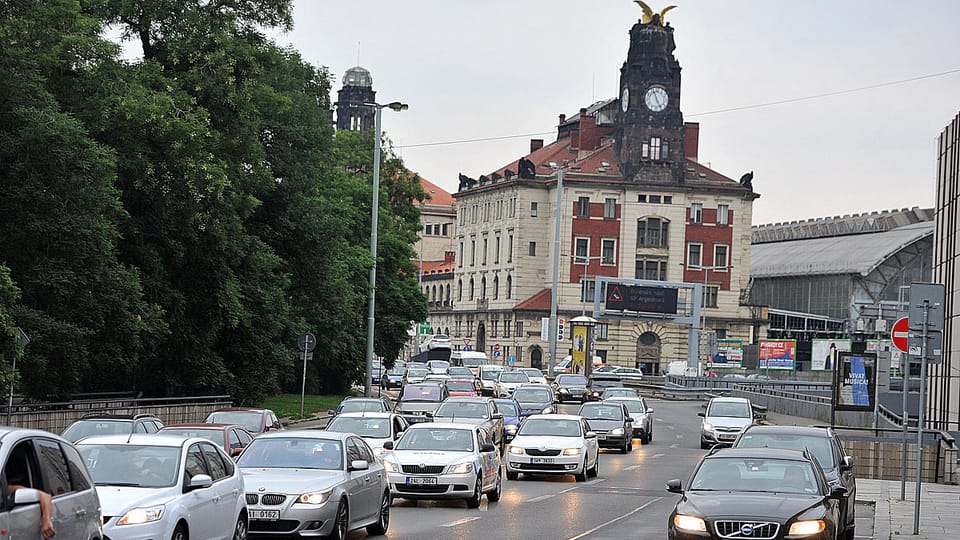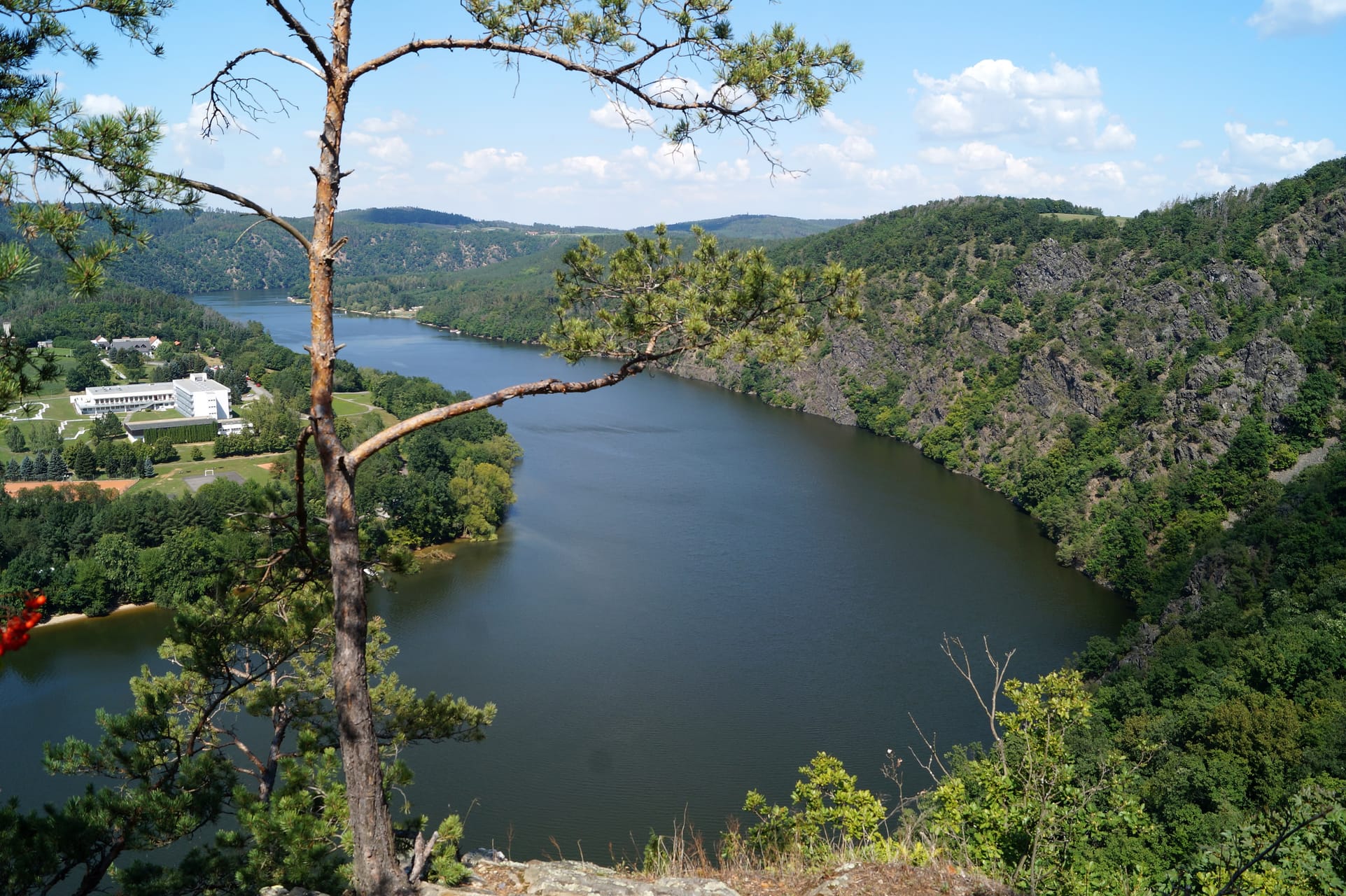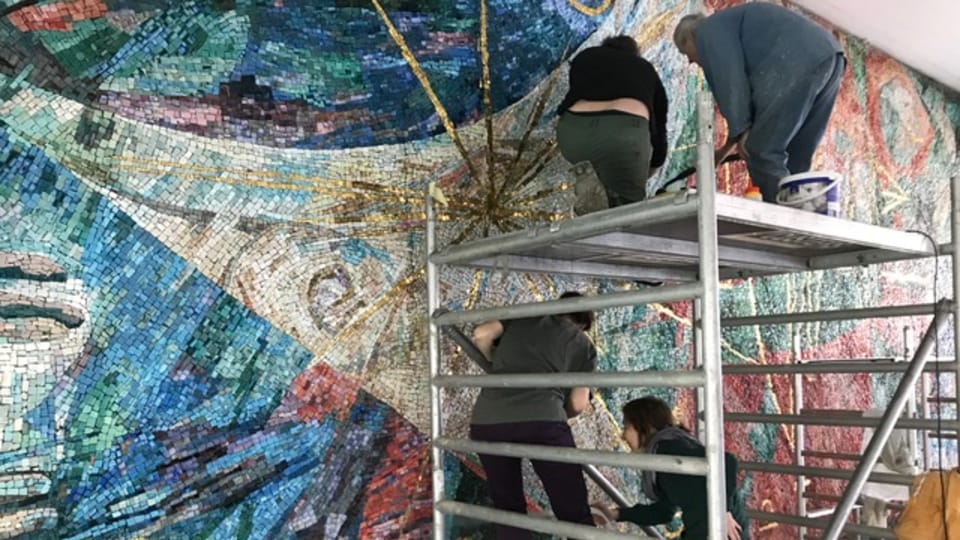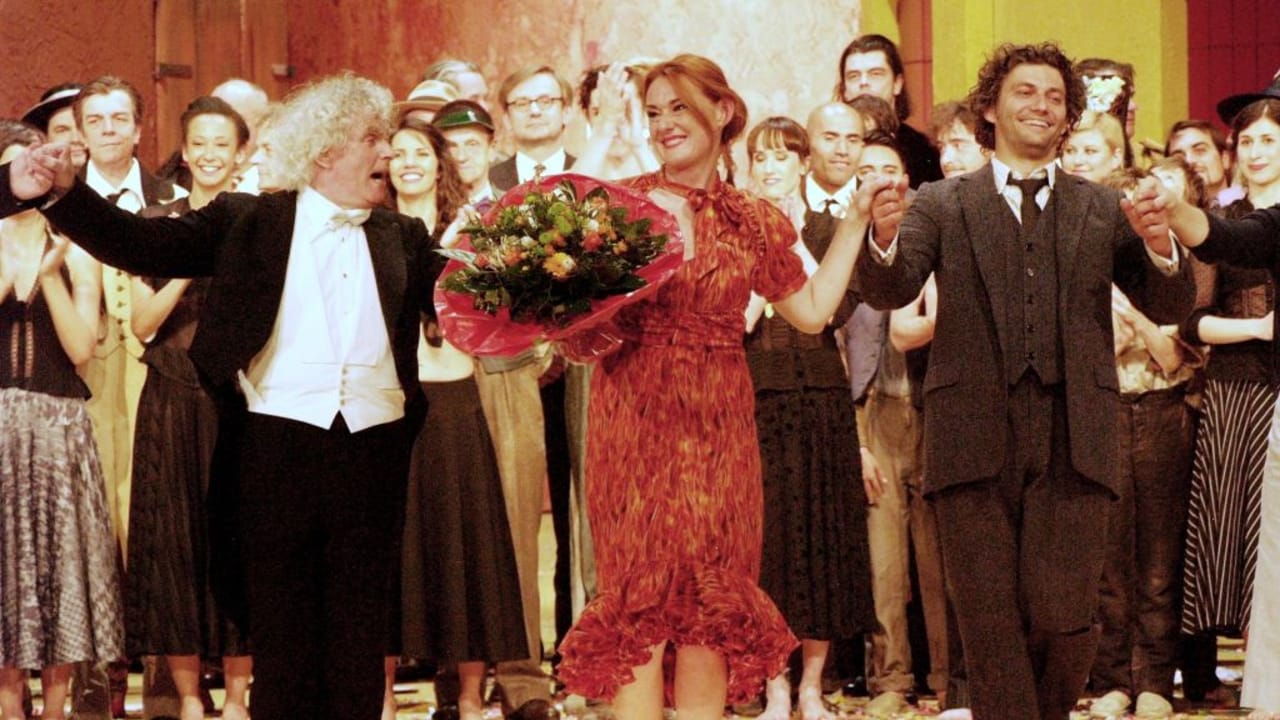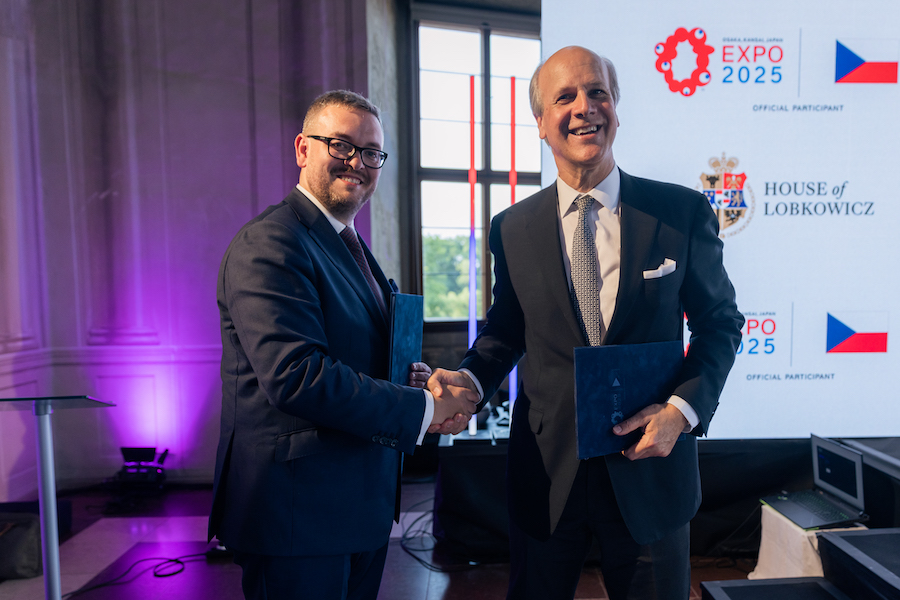
Prague 30 June 2023:
The Office of the Commissioner General and the House of Lobkowicz hosted a meeting of EXPO 2025 partners and supporters on Monday, June 26, 2023. Despite the steamy weather, two hundred guests arrived, including the Minister of Foreign Affairs, Jan Lipavský, and the Japanese Ambassador to the Czech Republic, H.E Mr. Hideo Suzuki. During the event, Commissioner General Ondřej Soška unveiled a miniature model of the Czech pavilion, informed about the state of preparations for Czech participation in the EXPO world exhibition and signed eight memoranda on cooperation with key institutions from the media sphere, state and private sphere.
“The Japanese have started construction work on the exhibition grounds on Yumeshima Island and are continuing relatively progressively. We as the Czech Republic have started the process to obtain a building permit for the national pavilion at EXPO 2025 in Osaka, Japan. As the second country after Switzerland out of a total of 153 confirmed participating countries,” said General Commissioner Ondřej Soška , who returned from Japan last week, at a meeting of partners and supporters of EXPO 2025 in the Lobkowicz Palace . During his trip, he met, among others, Minister for EXPO 2025 Naoki Okada and Osaka Mayor Hideyuki Yokoyama , who both praised the design of the Czech pavilion by Apropos Architects, Tereza Šváchová and Nikoleta Slováková.
“Thanks to the great position of the plot and the distinctive design of the Czech national pavilion, we believe that the Czech national pavilion will be among the most distinctive and most visited pavilions of the entire Expo in Osaka and will represent our country brilliantly in the great international competition. Our pavilion was appreciated not only by the expert jury of the architectural competition and the circle of people who move around the preparations but also by the general public and renowned experts,” said Minister of Foreign Affairs Jan Lipavský, adding that he is looking forward to the exhibition in Osaka starting in 656 days and visitors they will be able to view the pavilion.
memoranda of cooperation with the House of Lobkowicz, Czech Radio, Czech Television, state agencies CzechInvest, CzechTrade and CzechTourism , the Union of Industry and Transport and the startup platform Startup Disrupt before the event and during the meeting in the Lobkowicz Palace .
The memorandum with the House of Lobkowicz is dedicated to the intention to present the museum and creative center being created in the birthplace of Antonín Dvořák during the EXPO 2025 world exhibition in Osaka, Japan and during the preparations for the Czech participation in the country. The memoranda with Czech Television and Czech Radio are the basis for further media cooperation during the preparations for the Czech participation and for the duration of the world exhibition EXPO 2025 in Osaka.
The Office of the Commissioner General plans to cooperate with the CzechTrade agency to support Czech exporters who would like to expand to Japan or expand their business activities in the Asia-Pacific region. The World Exhibition could also help attract new foreign investments to the Czech Republic , or expand existing ones. According to CzechInvest CEO Petr Oček, the EXPO is a huge opportunity. This also applies to attracting potential Japanese tourists, which CzechTourism would like to bring not only to Prague, but also to the regions. The Czech Republic wants to present important Czech companies, local exporters, startups, innovations and technologies at the world exhibition, therefore the Union of Industry and Transport, as the largest employer’s union representing a decisive part of Czech industry and transport, and the startup platform Startup Disrupt will help ensure a decent presentation .
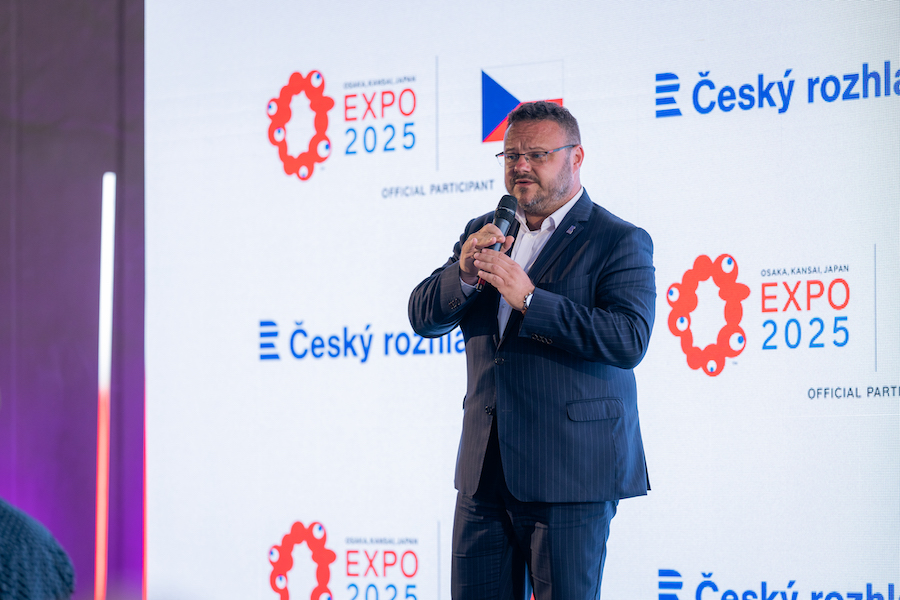
About the Czech pavilion at EXPO 2025
The architectural design competition was announced on December 12, 2022, as a transparent and anonymous one-phase competition for the design of the national pavilion. This happened after more than twenty years, the last such open competition for the design of the national pavilion was last announced in the Czech Republic before EXPO 2000, which was held in Hannover, Germany. The deadline for submitting proposals was March 1, 2023. Until the jury’s evaluation, which took place on 6-7 March 2023, all 38 submitted projects that met the contracting authority’s parameters were included. The winner was the glass spiral by Apropos Architects, in particular four architects took part in it in addition to other creatives: Tereza Šváchová, Nikoleta Slováková, Michal Gabaš and Tomáš Beránek.
About Czech participation in EXPO 2025
The Czech Republic will participate as an independent state in the world exhibition EXPO for the sixth time. Ondřej Soška, who last spring won the selection procedure of the Ministry of Foreign Affairs with his concept and theme “Talent and creativity for life”, will hold the position of general commissioner from September 2022. The Czech Republic should be presented in Osaka not only with what the Japanese know very well and admire for a long time, for example Czech glass and classical music, but especially with Czech innovations, nanotechnologies, promising startups and regional talent. The budget for the Czech participation in EXPO 2025 is estimated at approximately 500 million crowns, with the government of the Czech Republic having approved a budget of 290.2 million crowns for the period 2023 to 2026. Additional financial coverage will come from the sources of private companies, organizations and institutions, namely in the planned range of 170-220 million crowns.
Credit : Jan Herch, Kancelář generálního komisaře, Česká centra.







